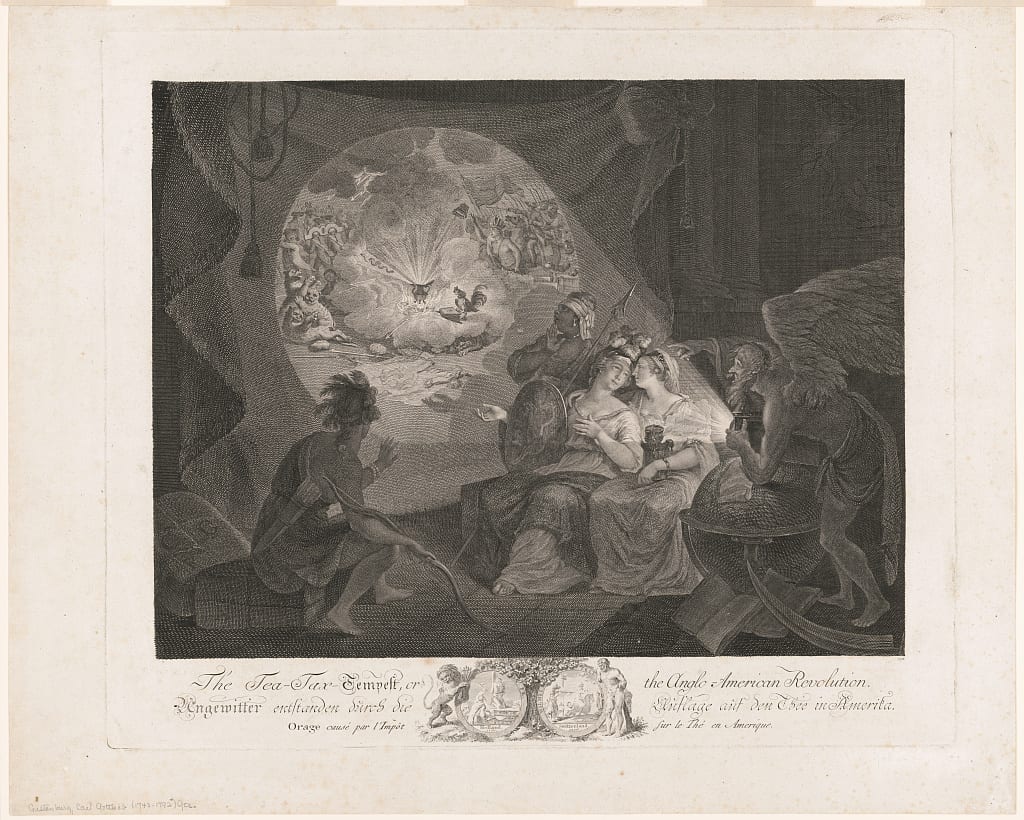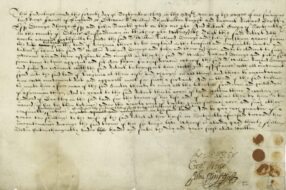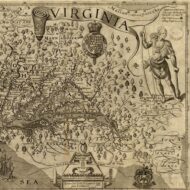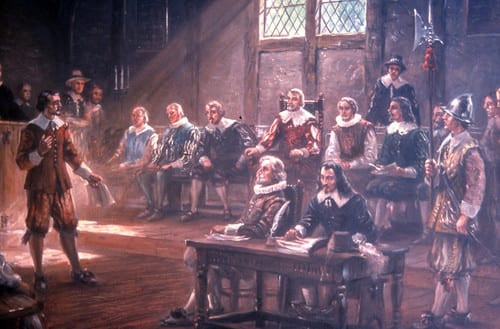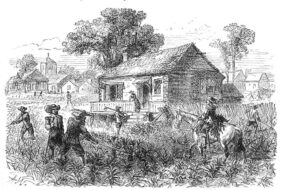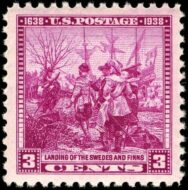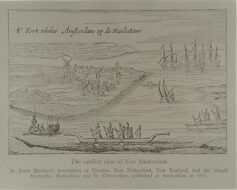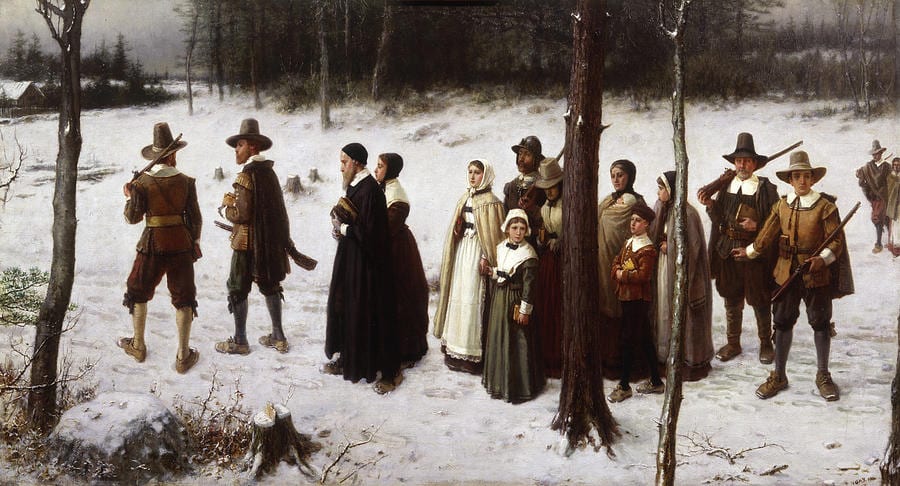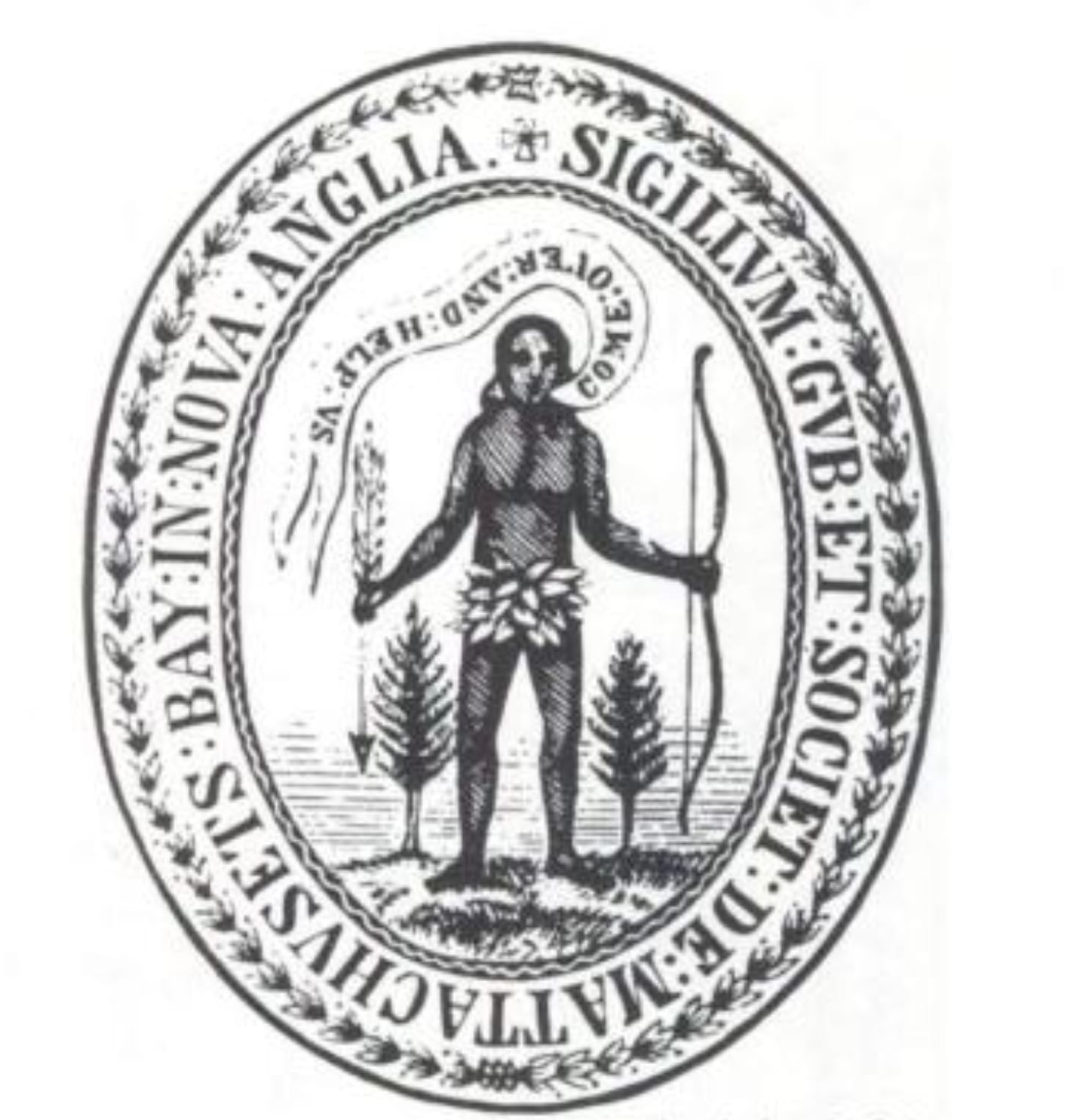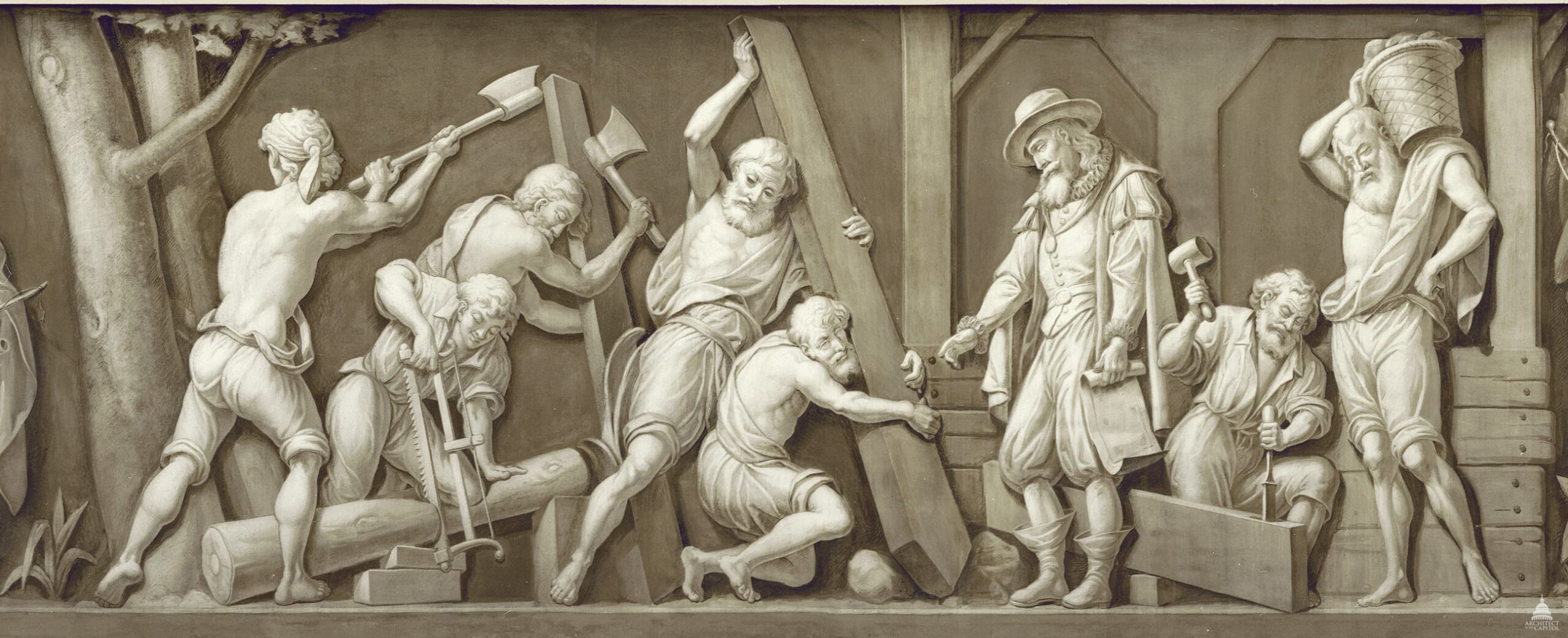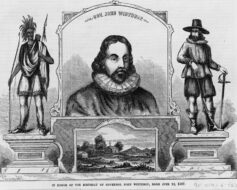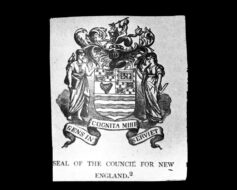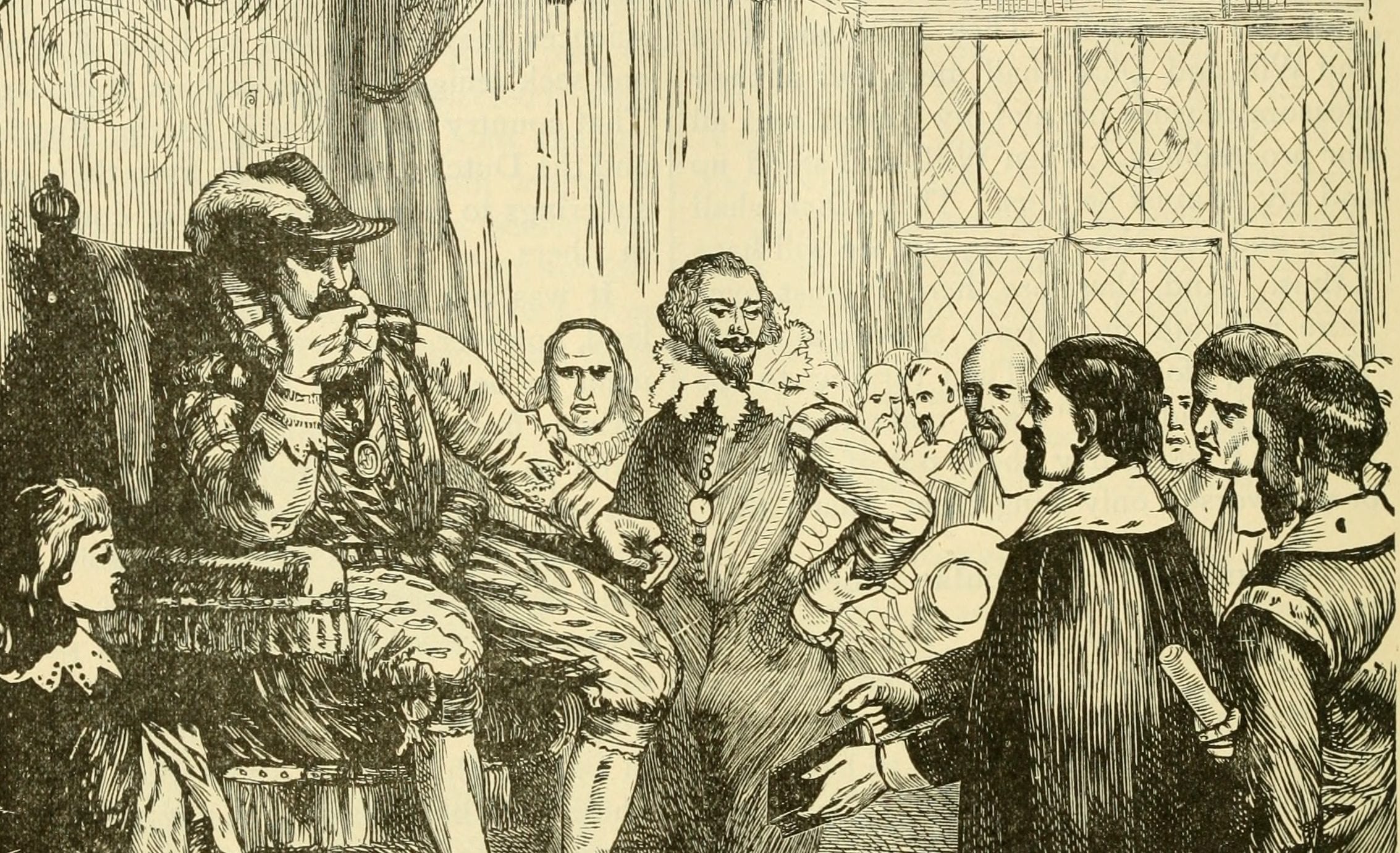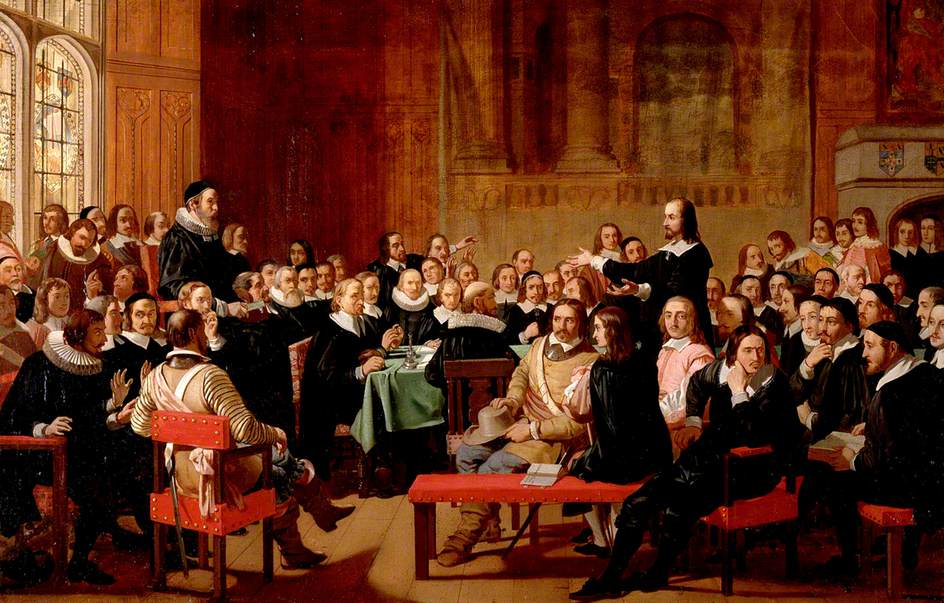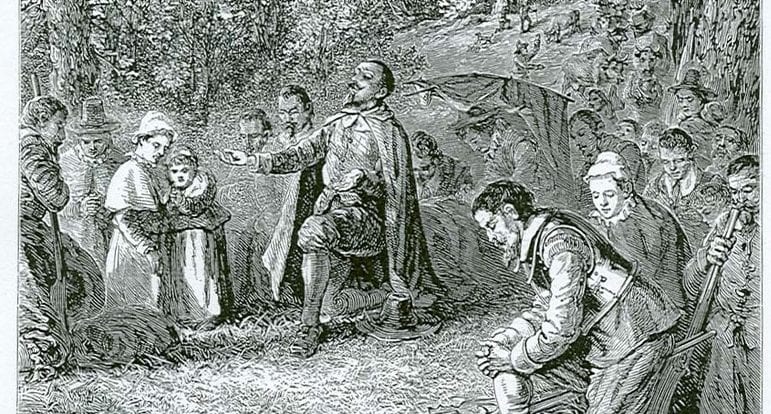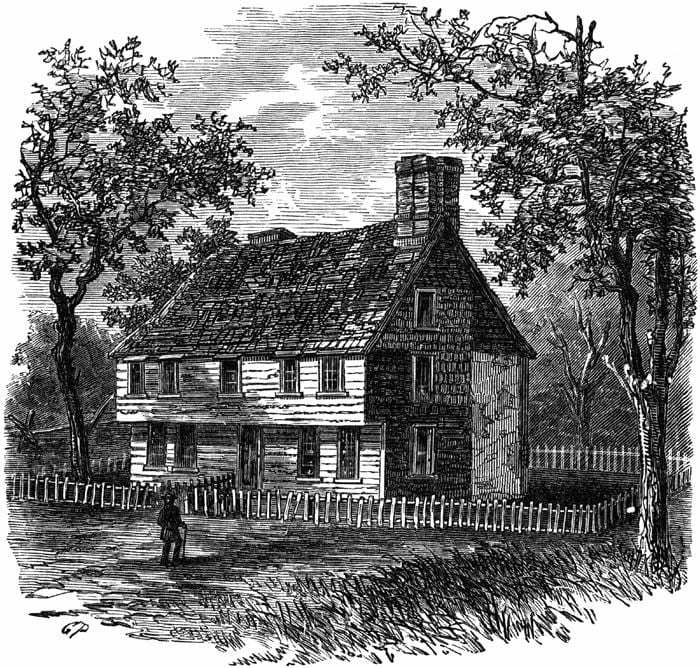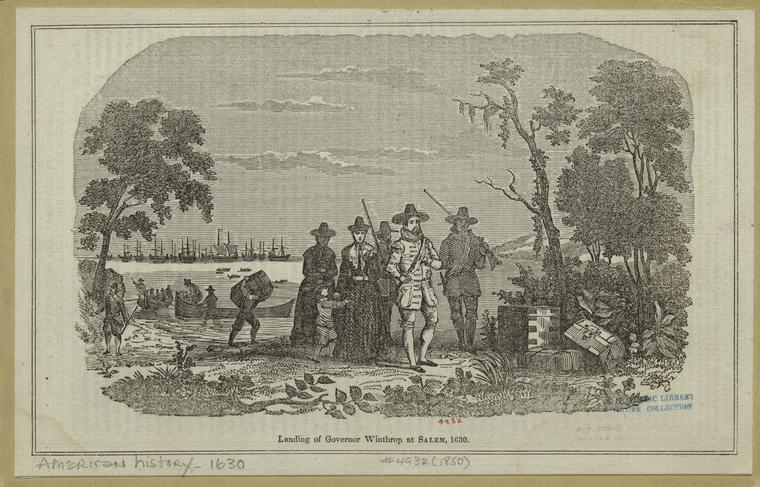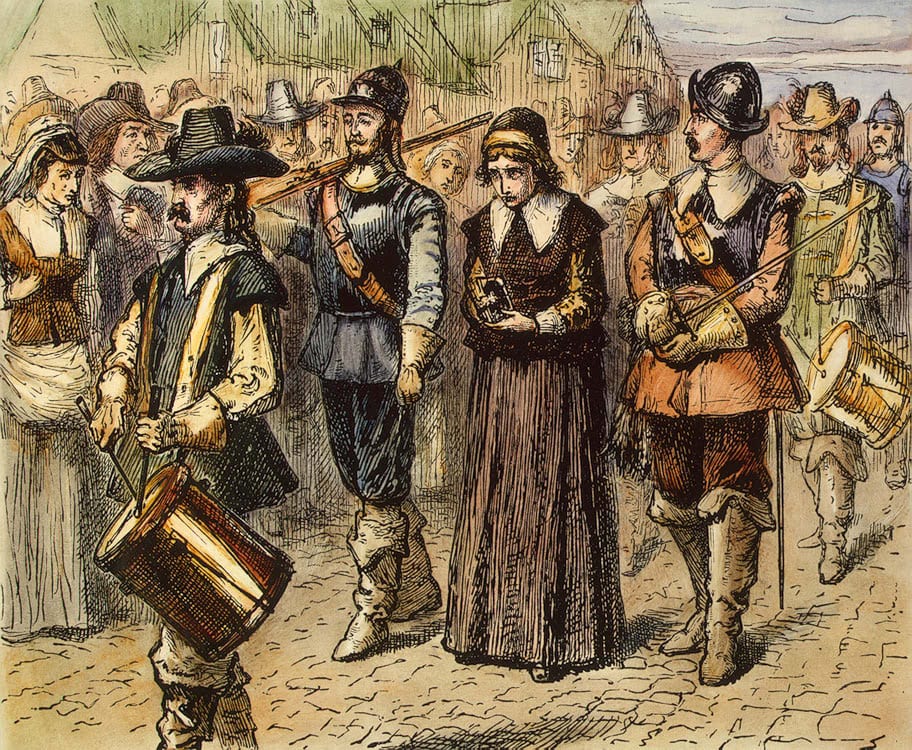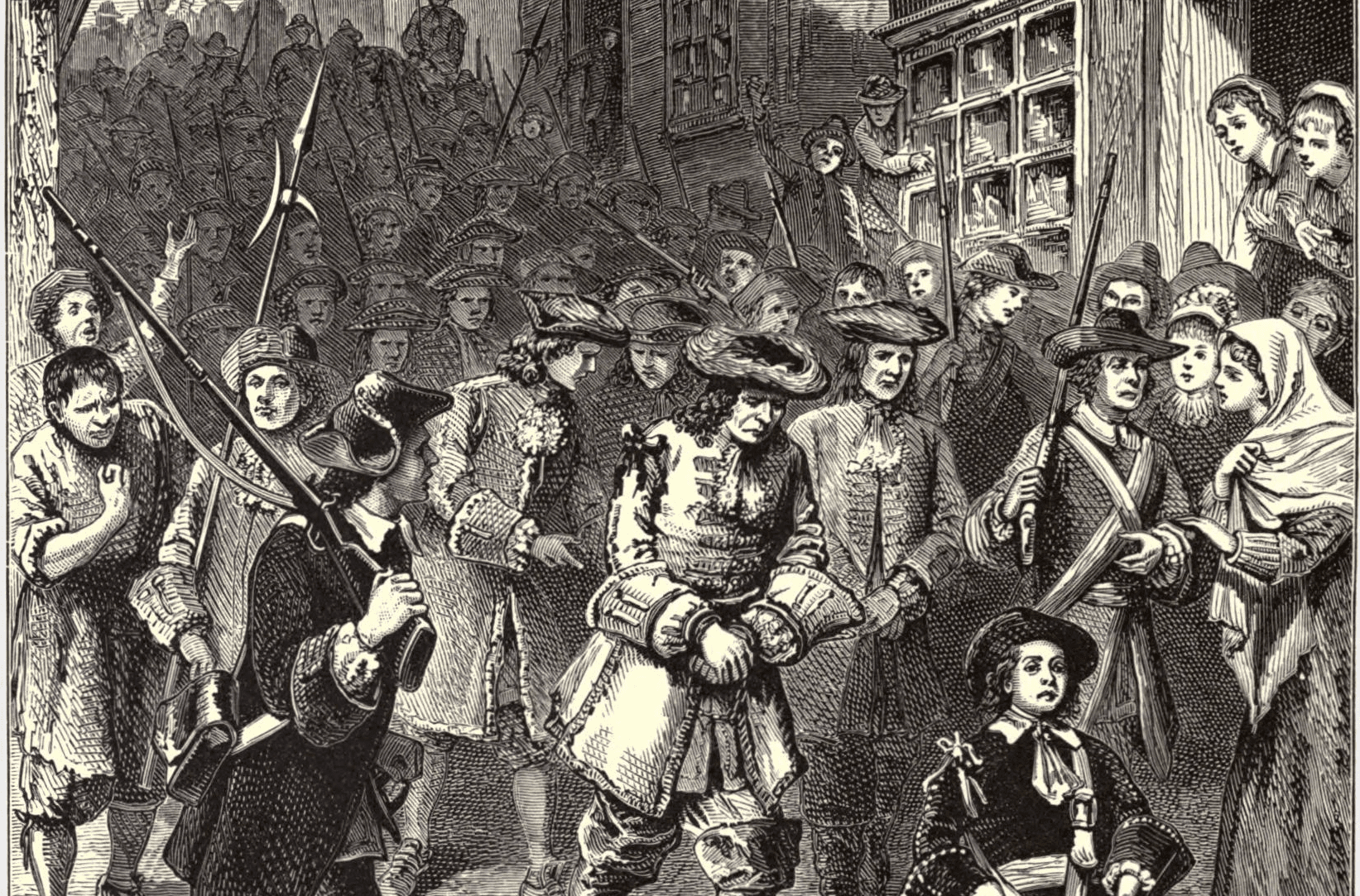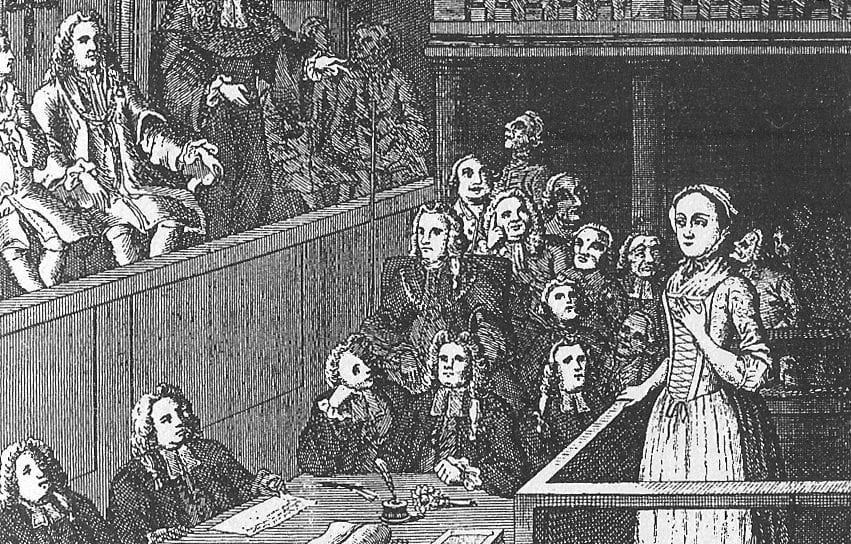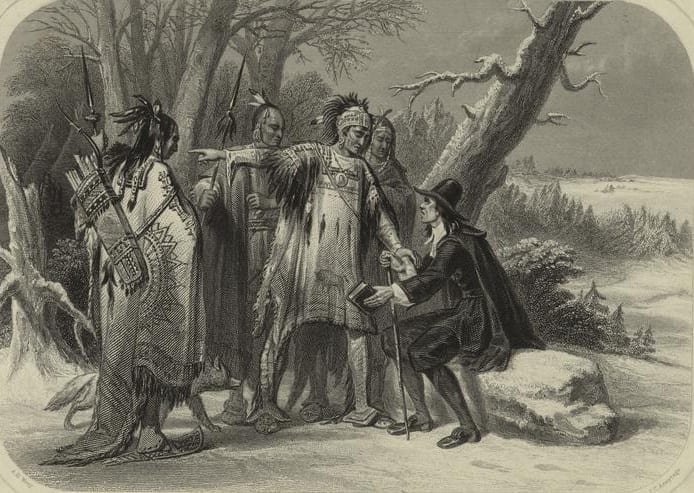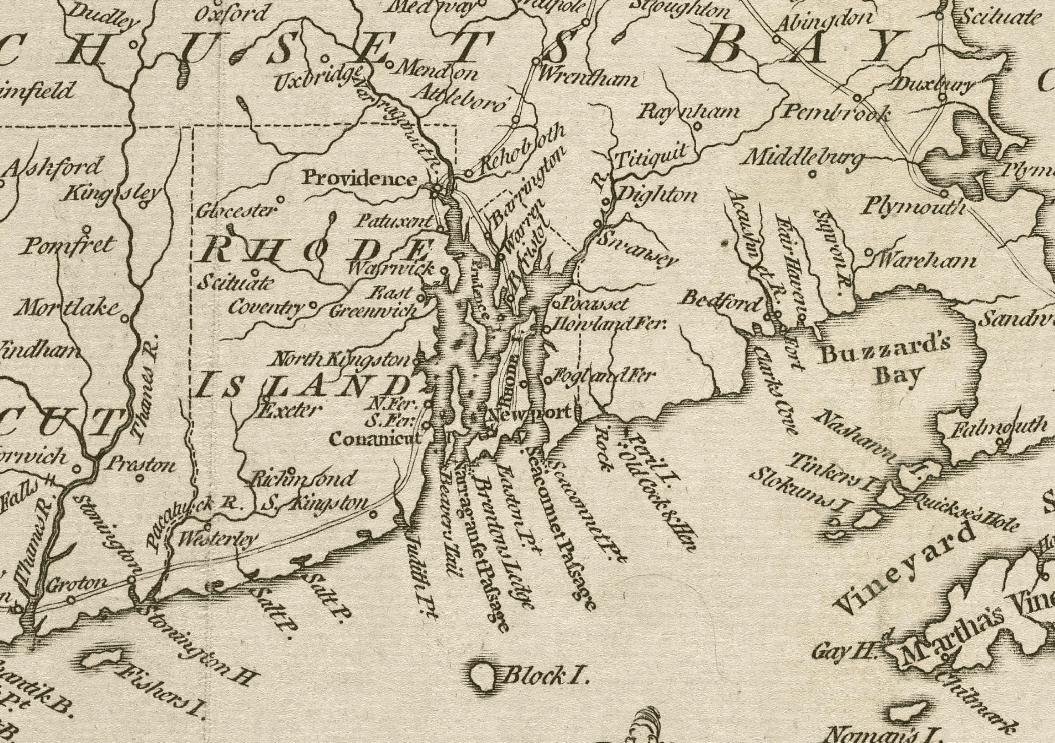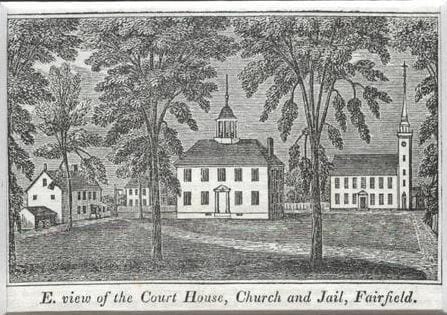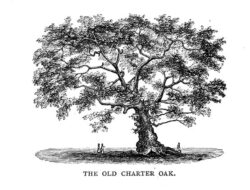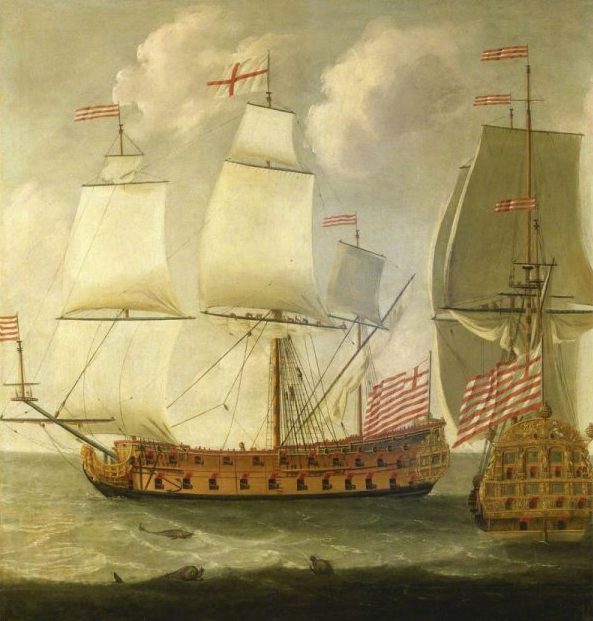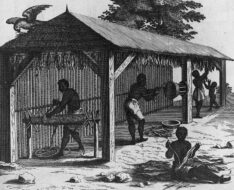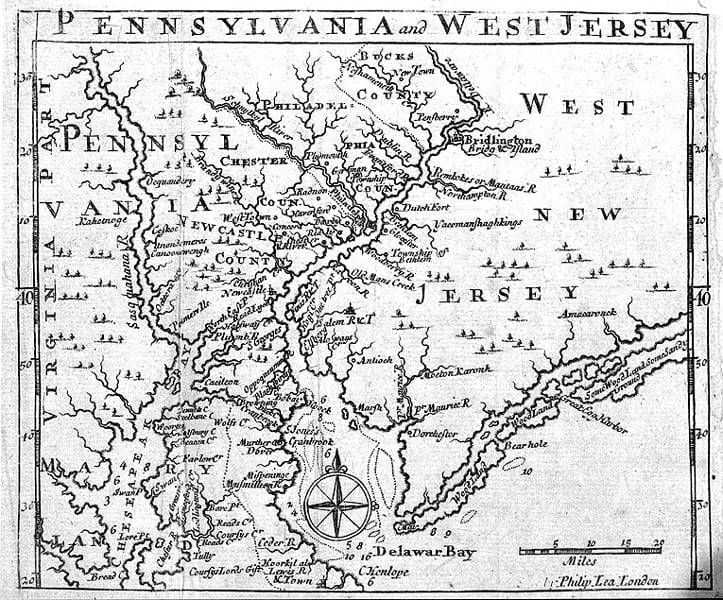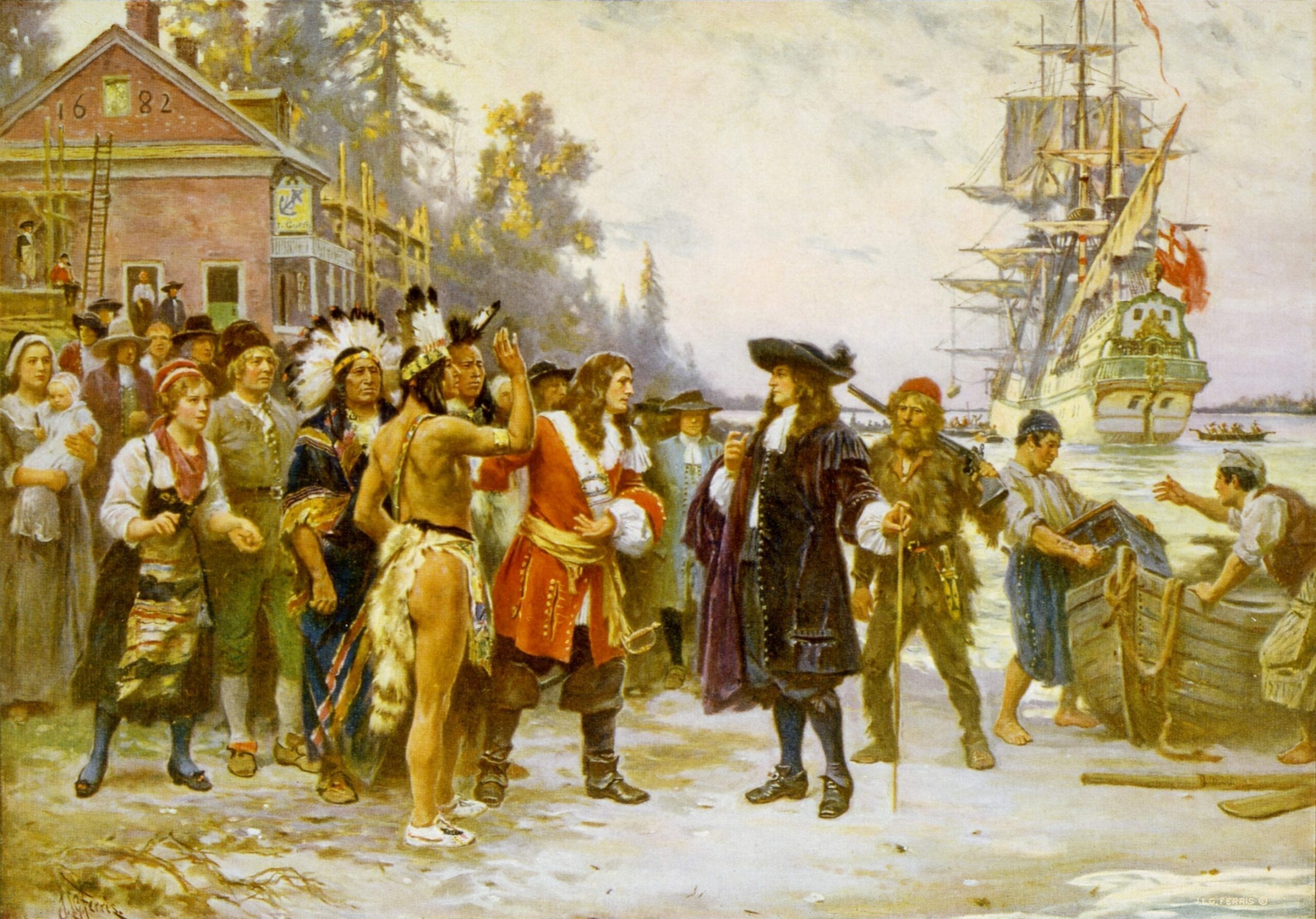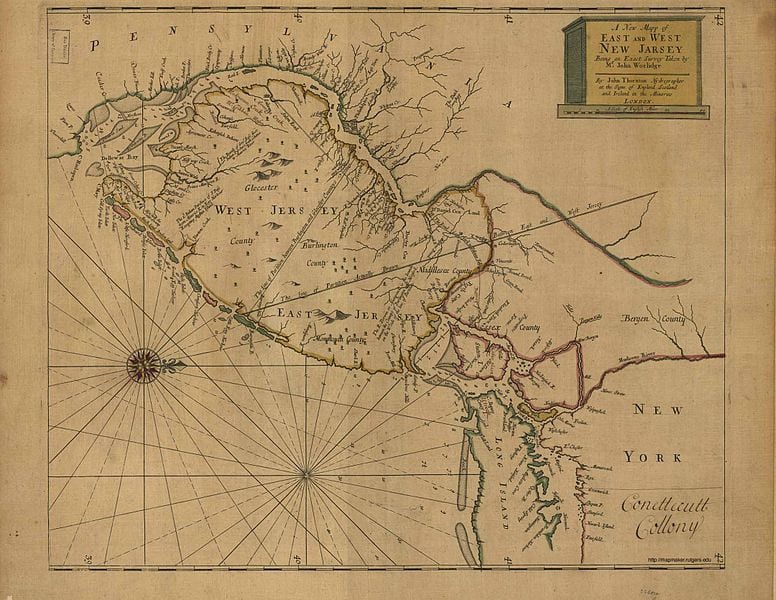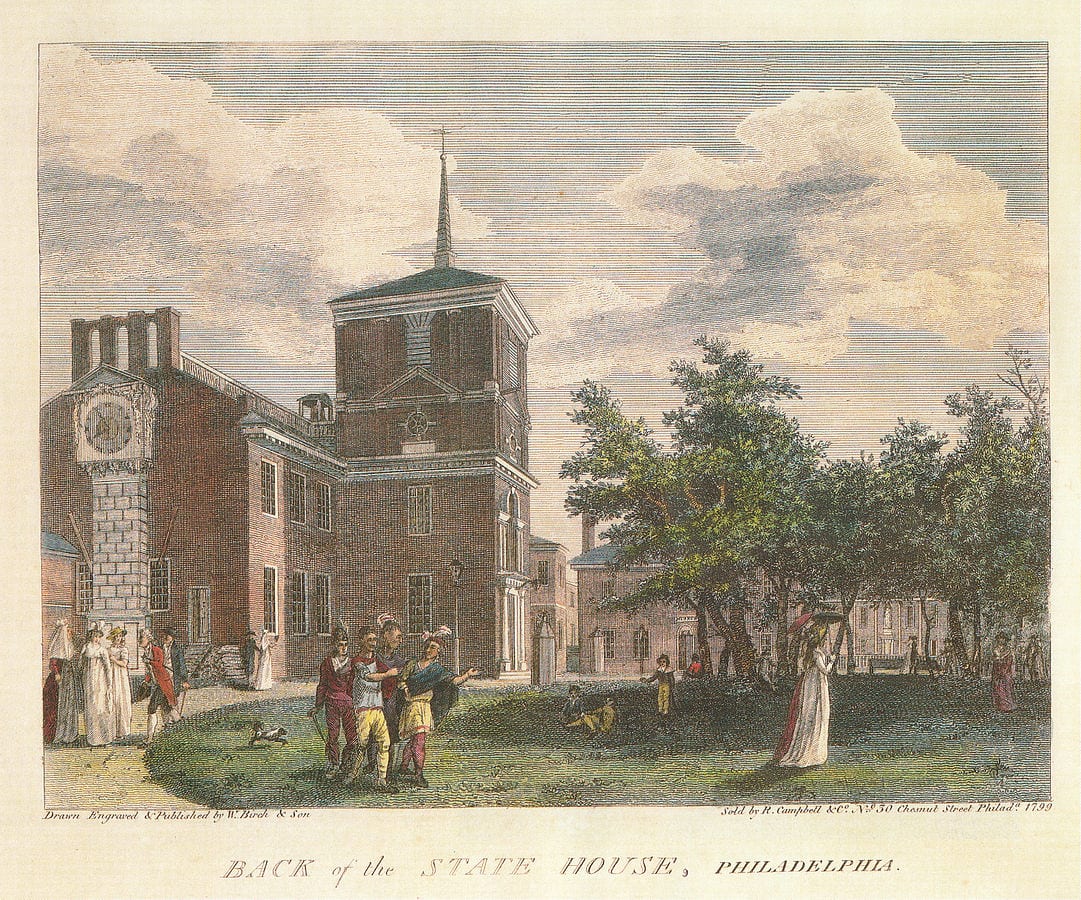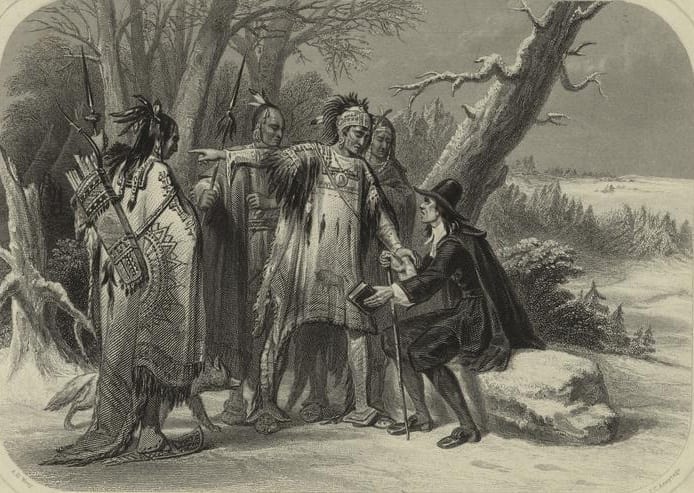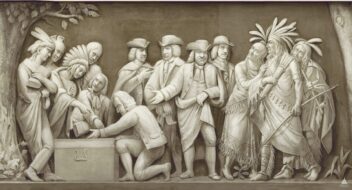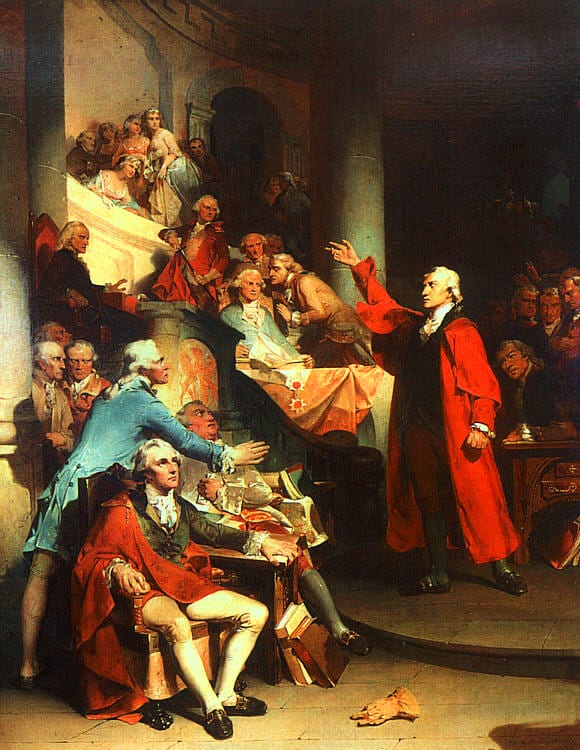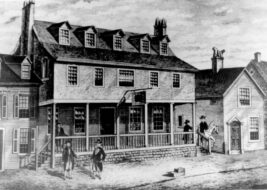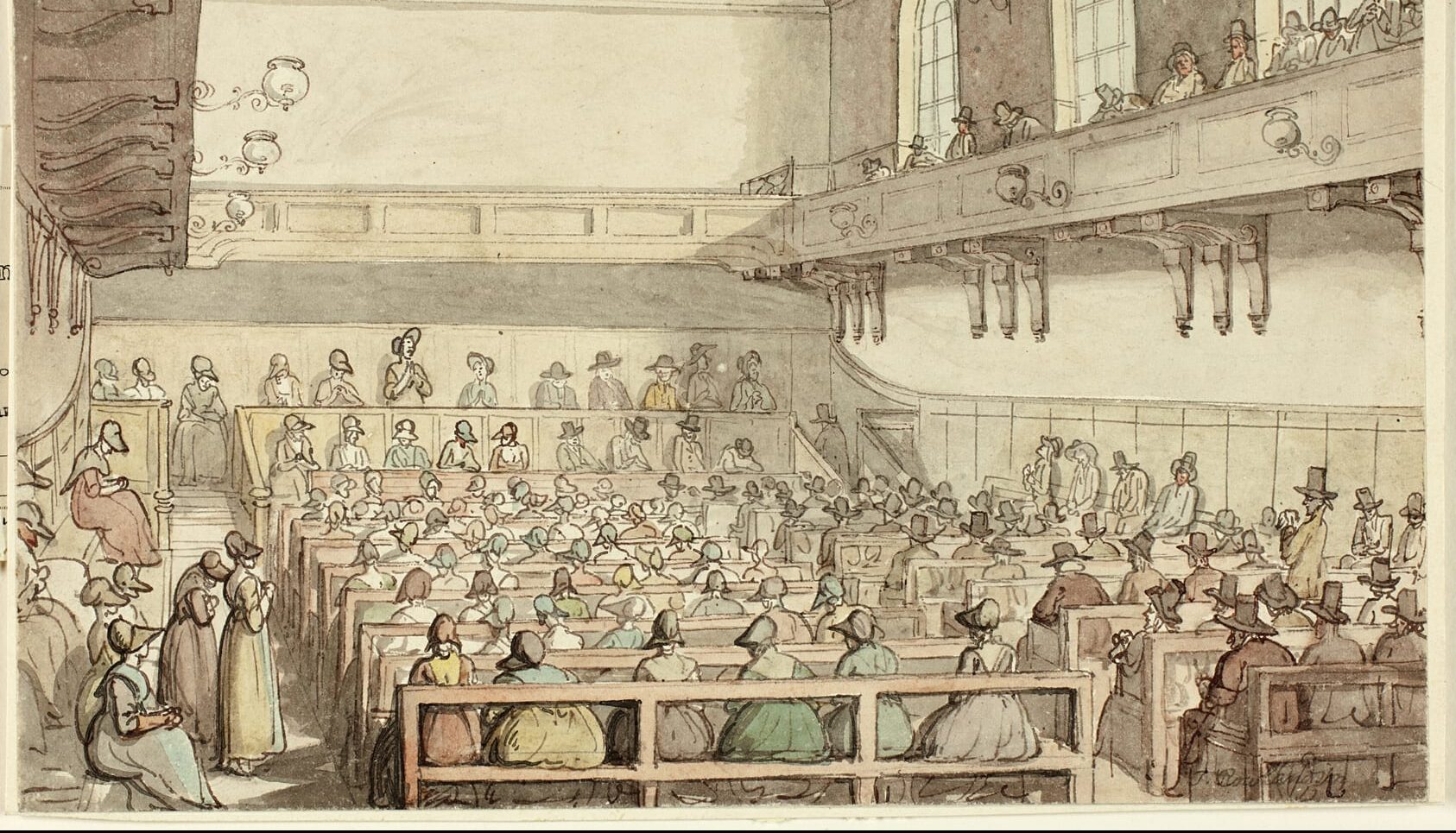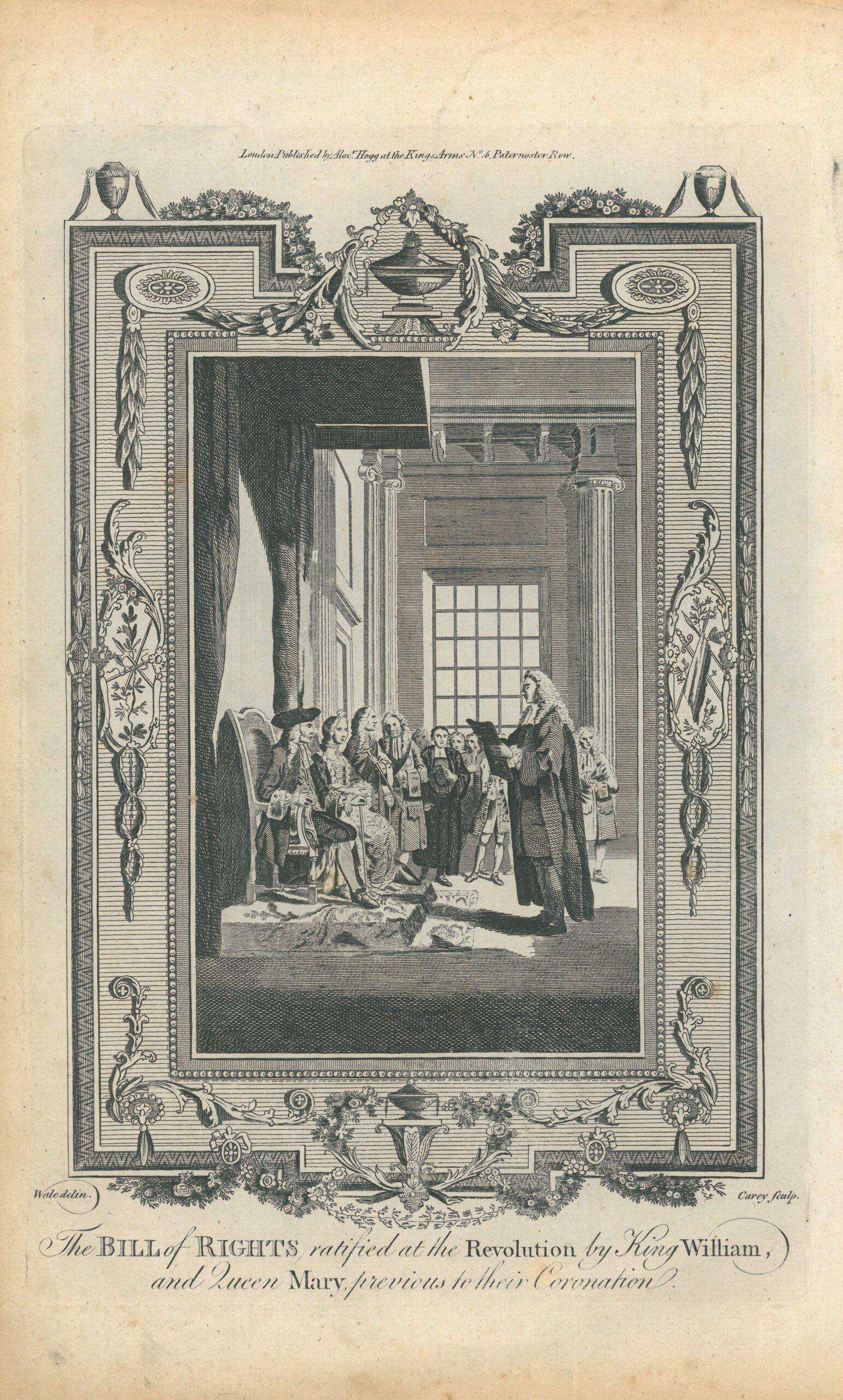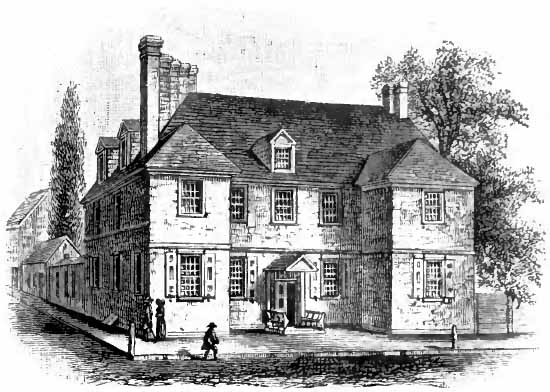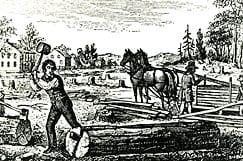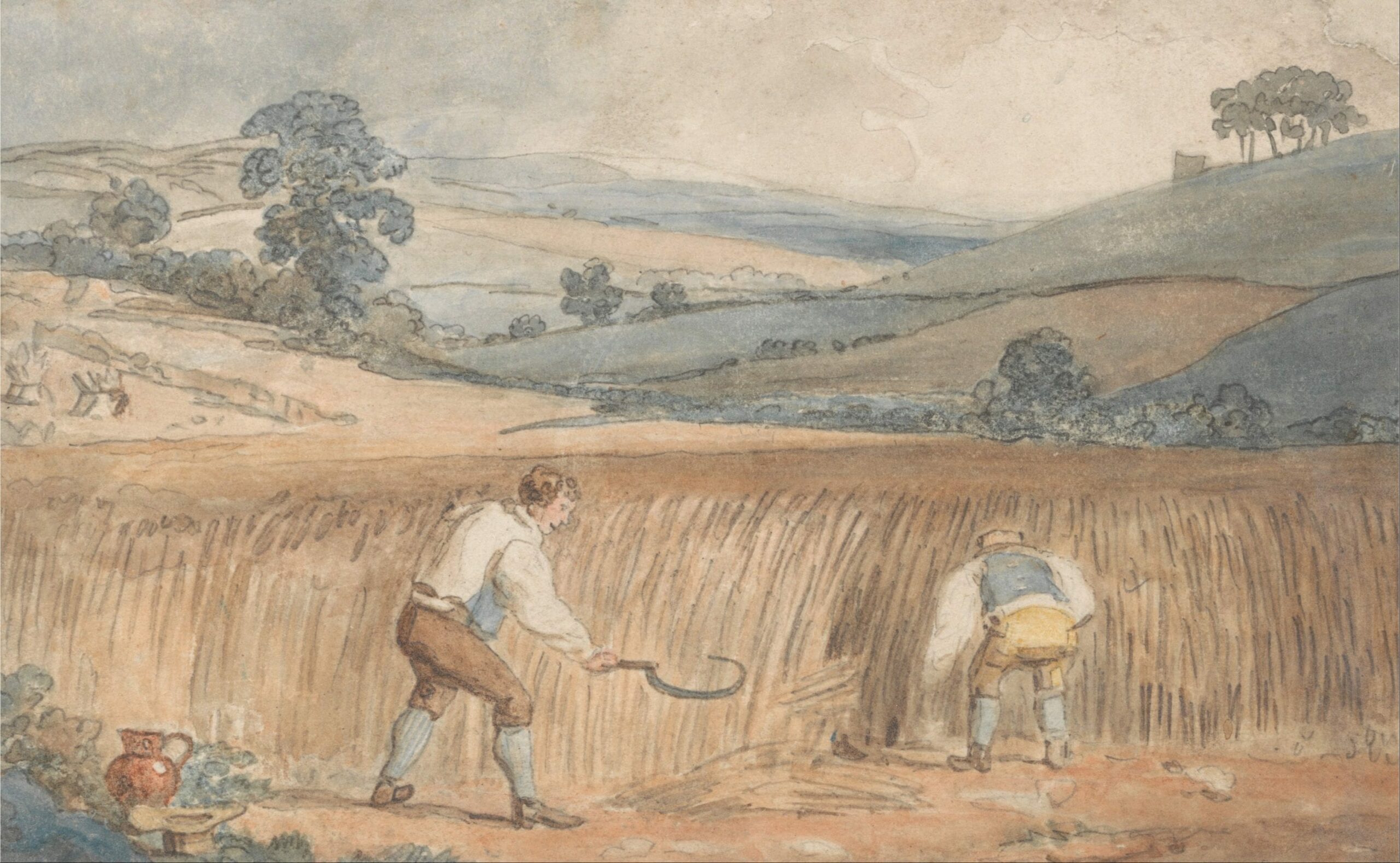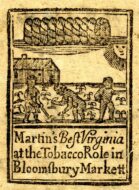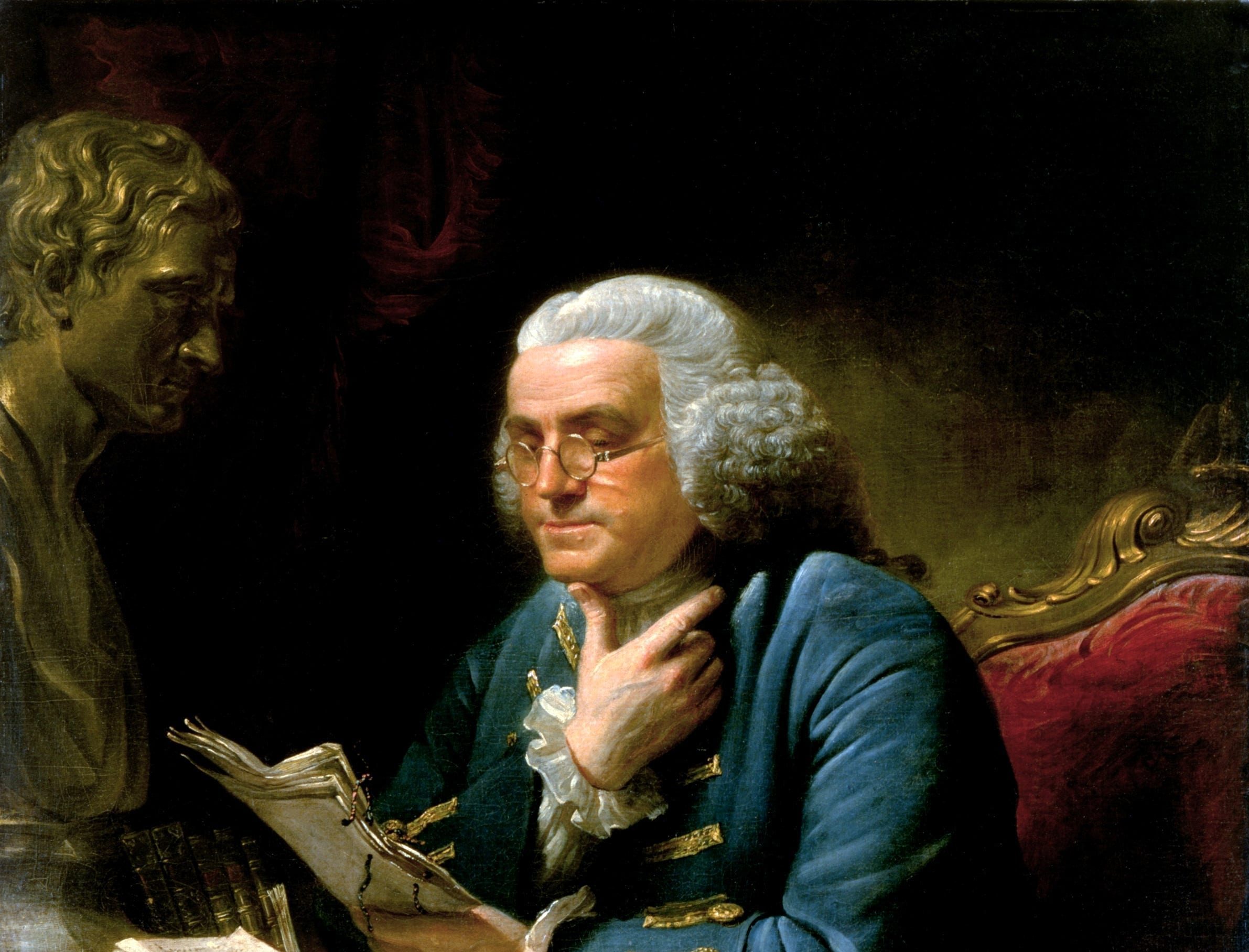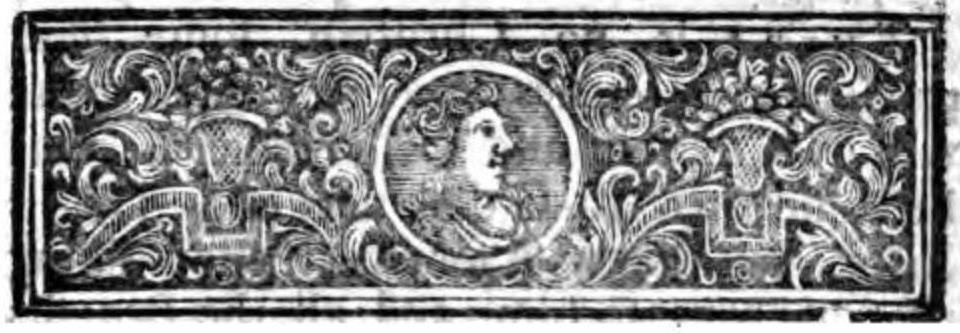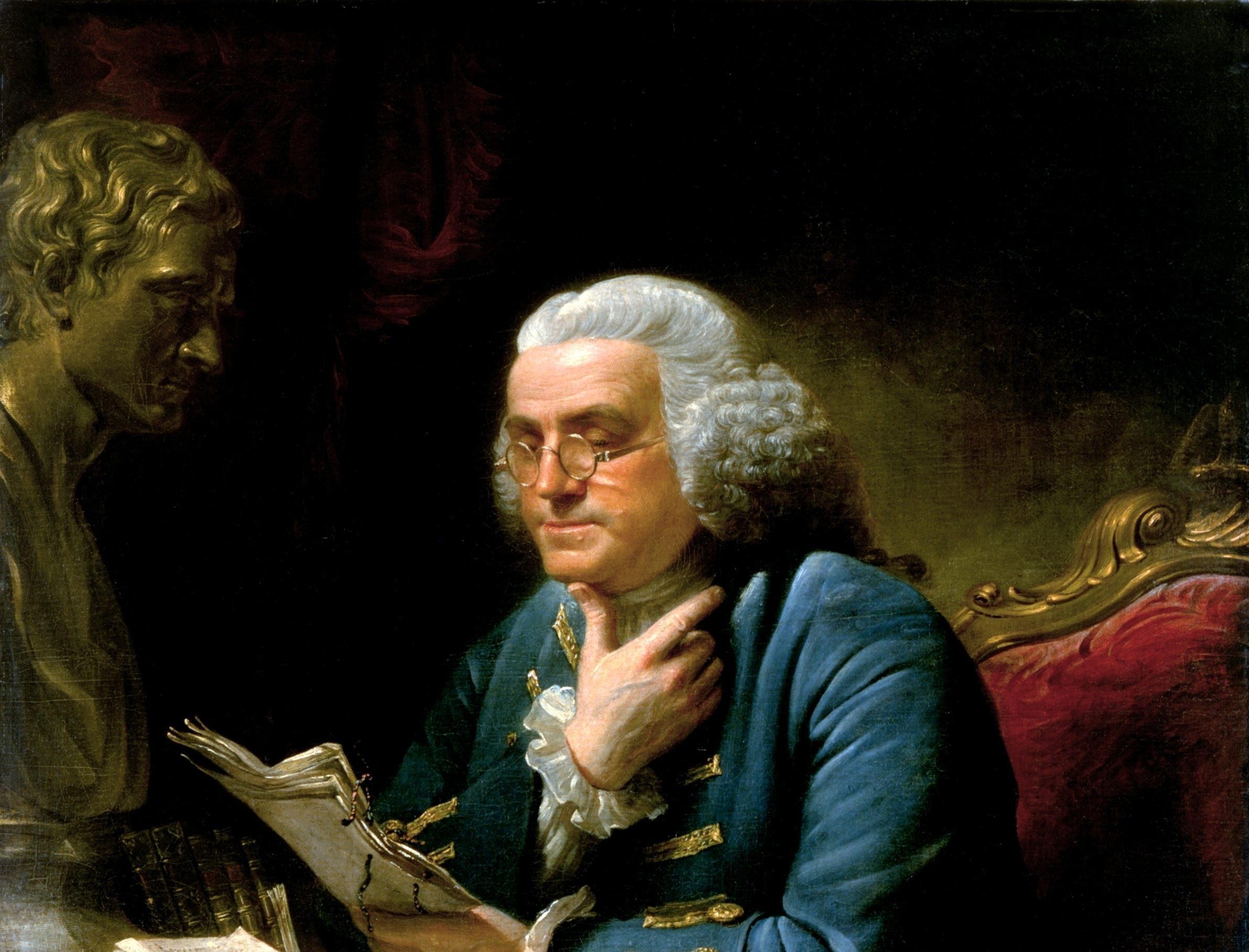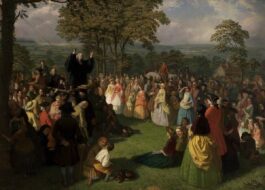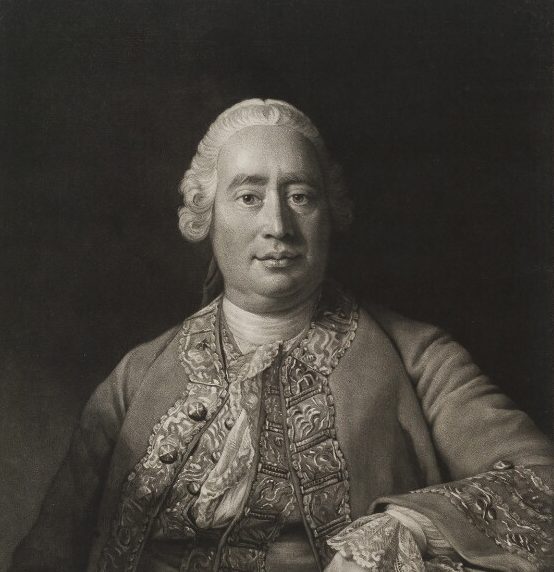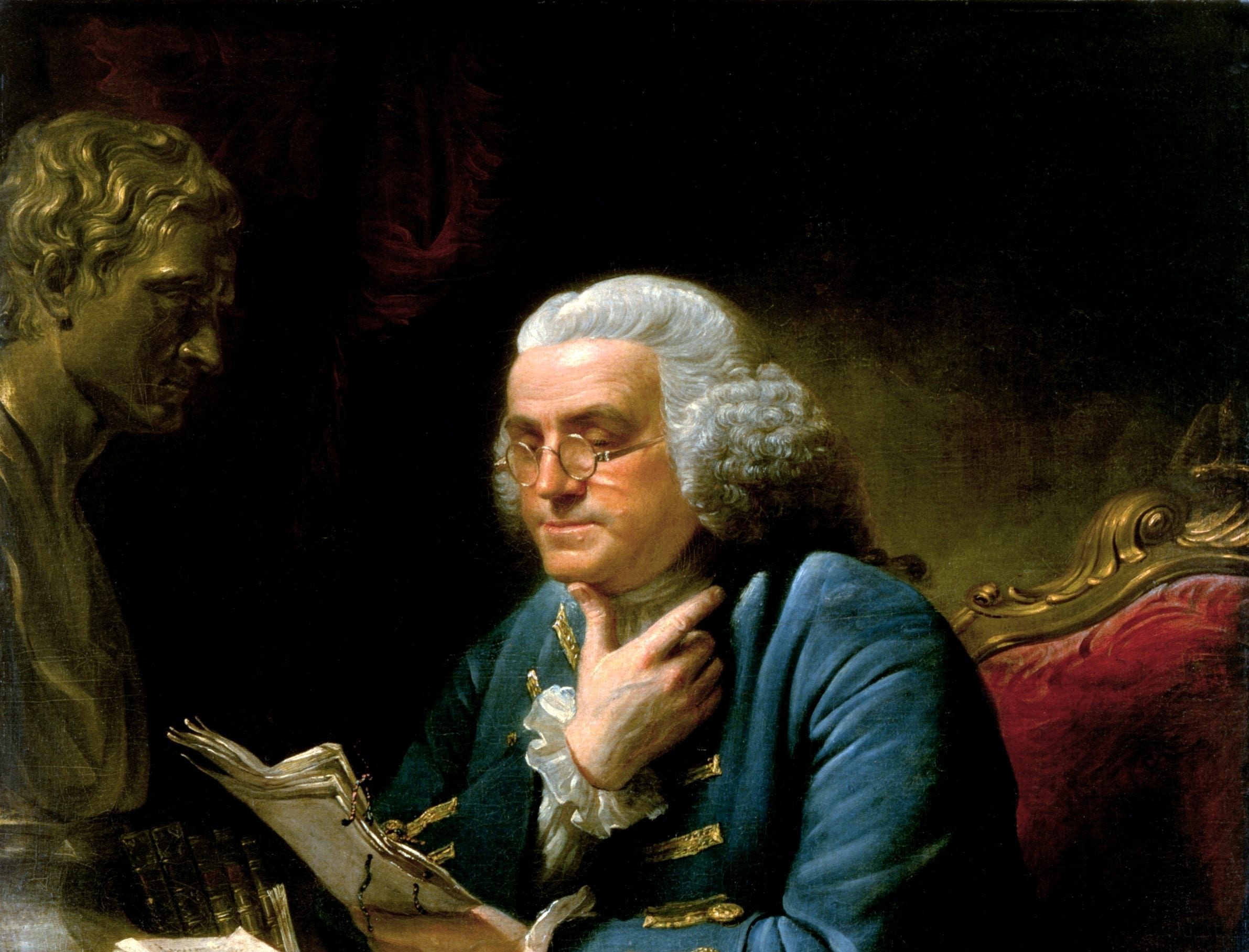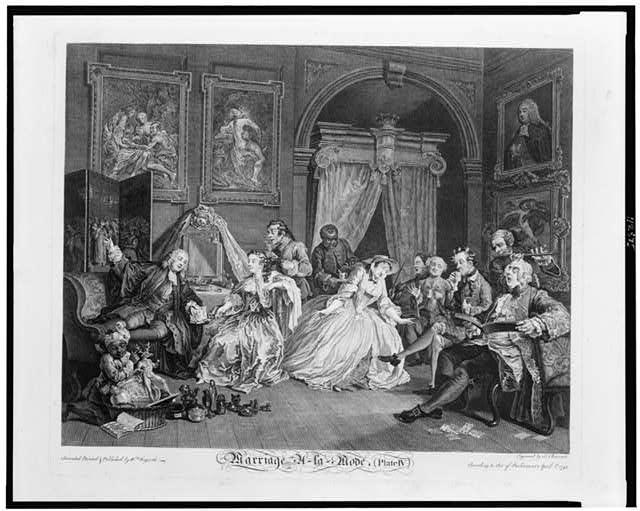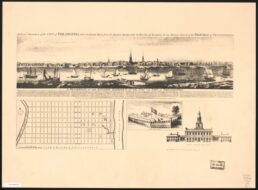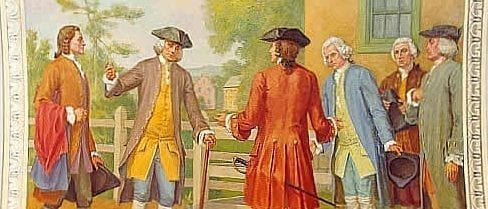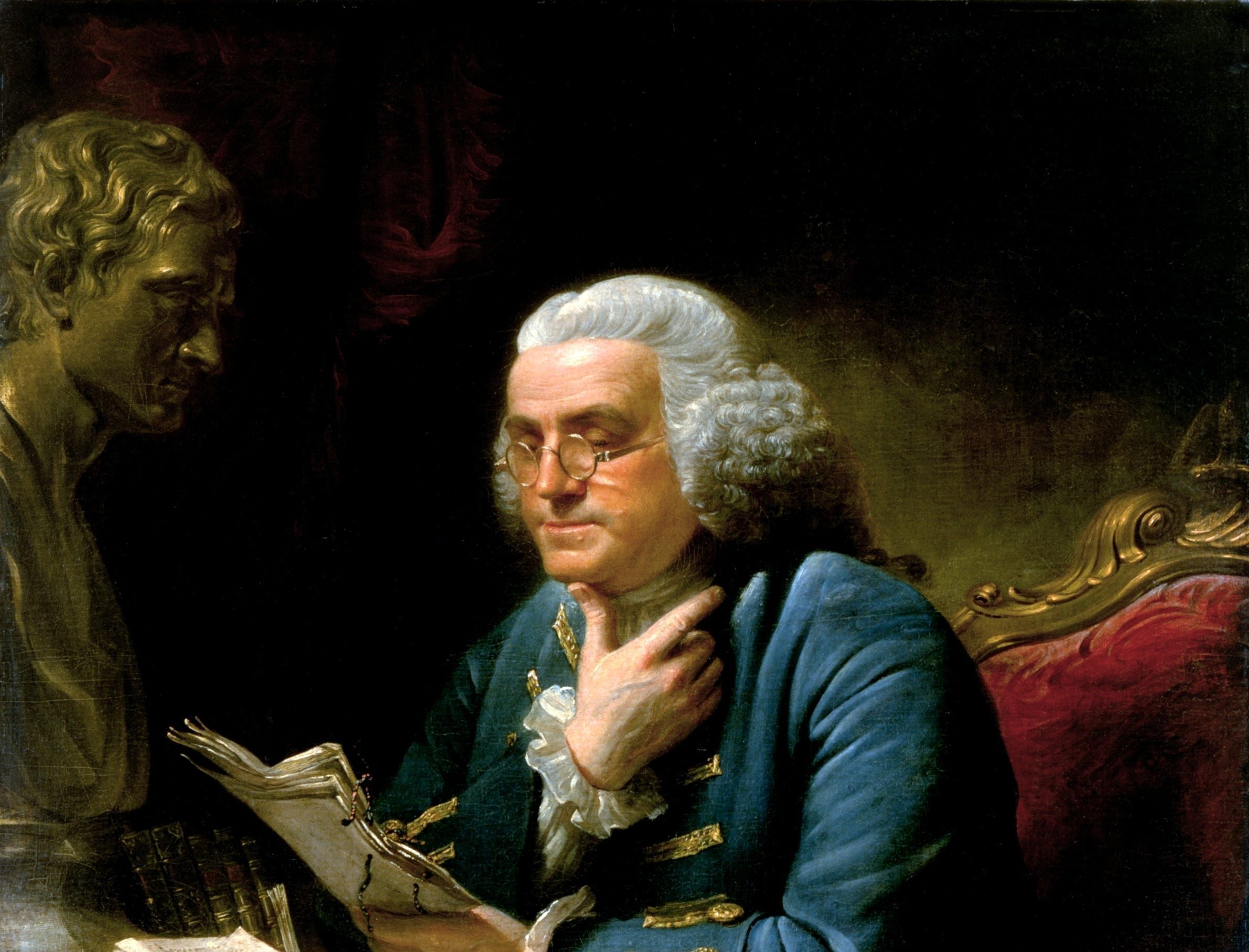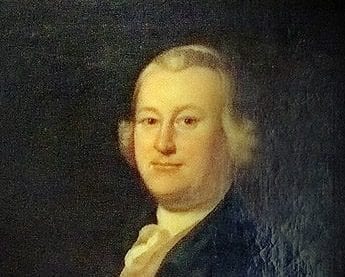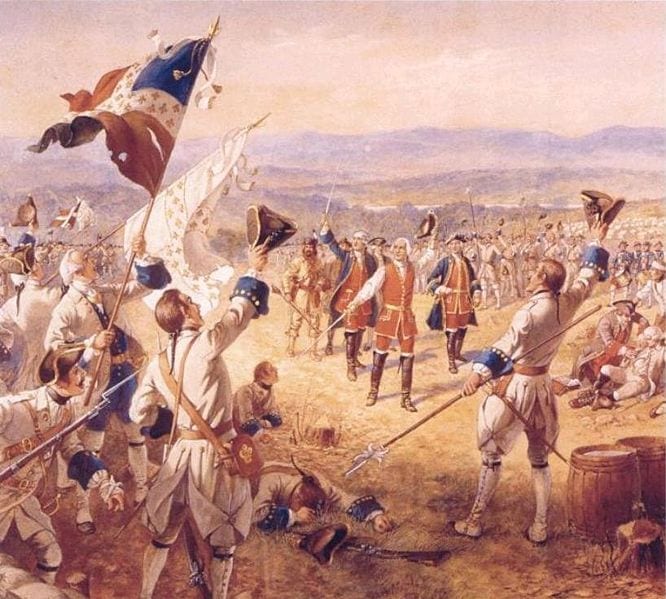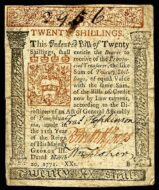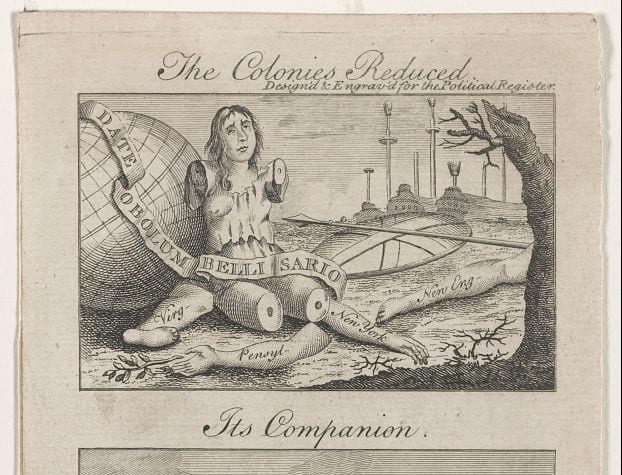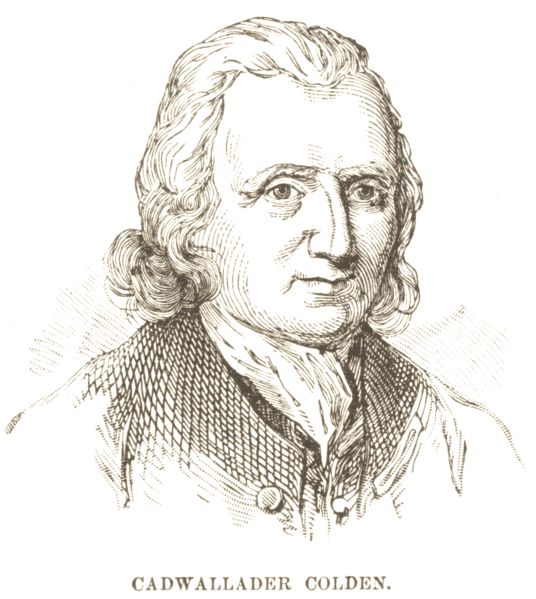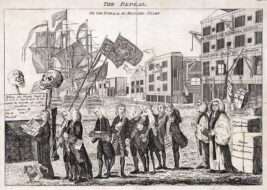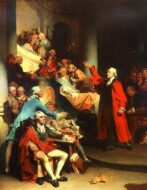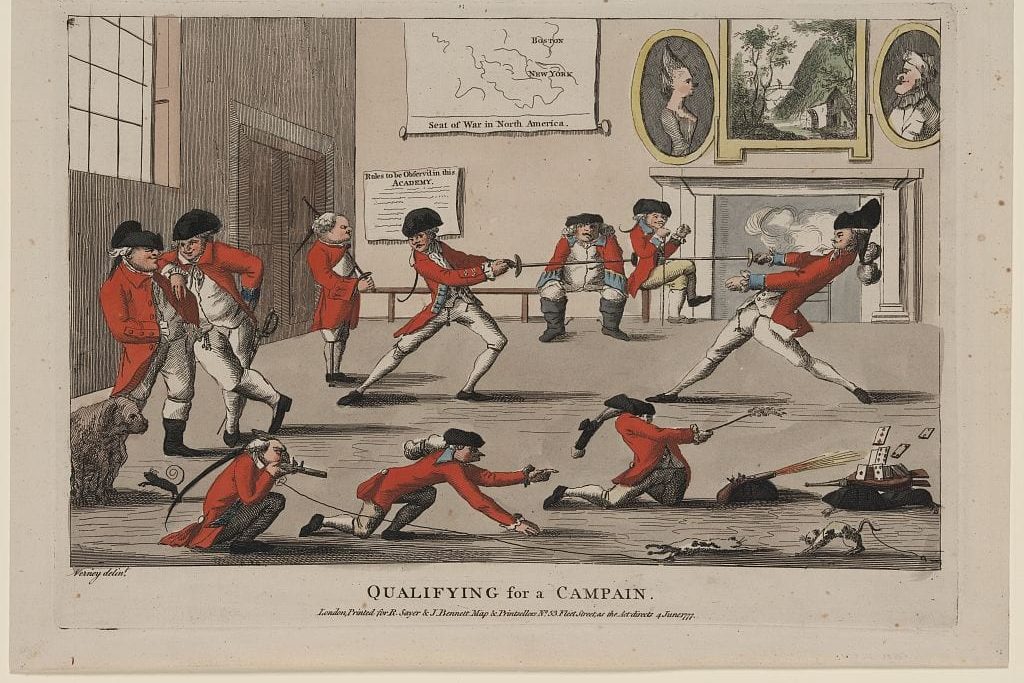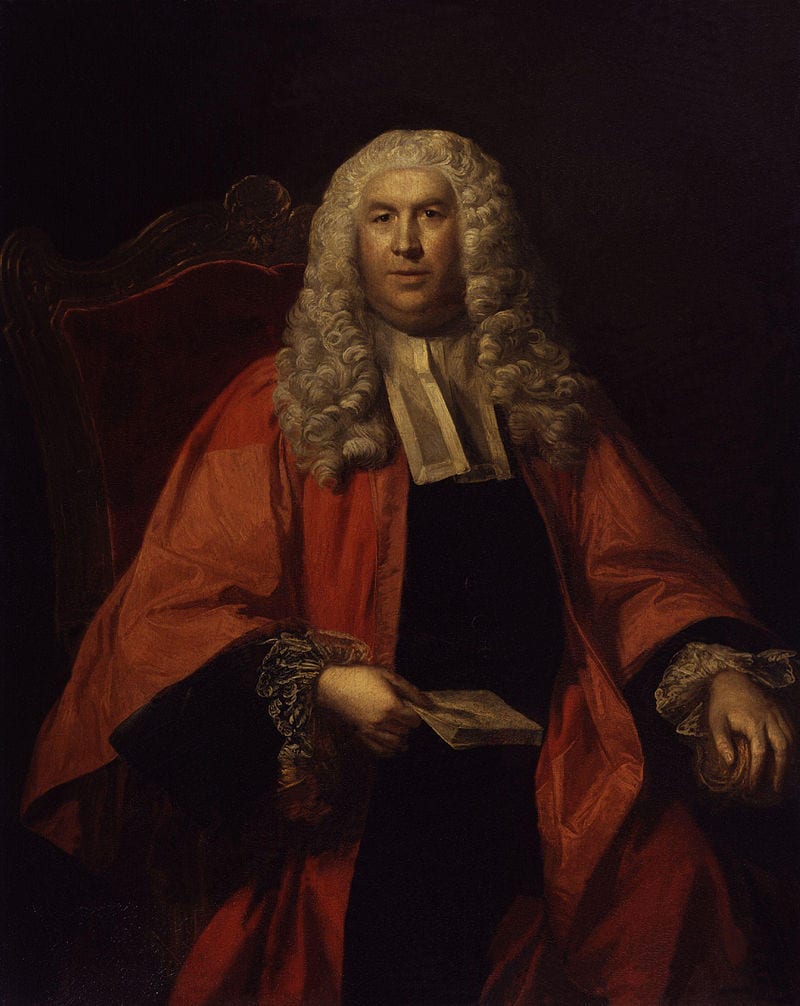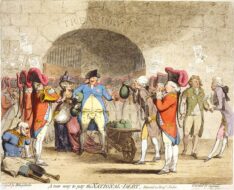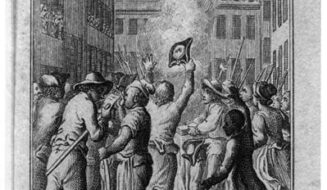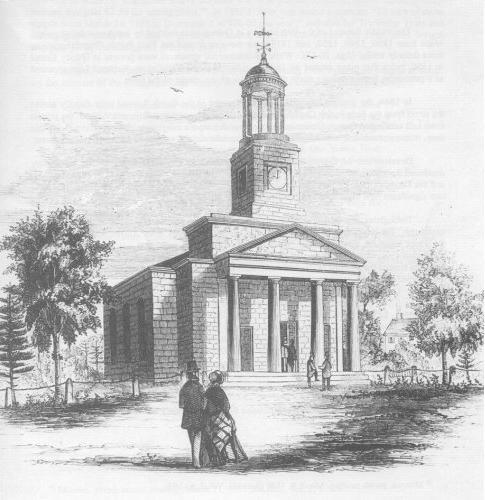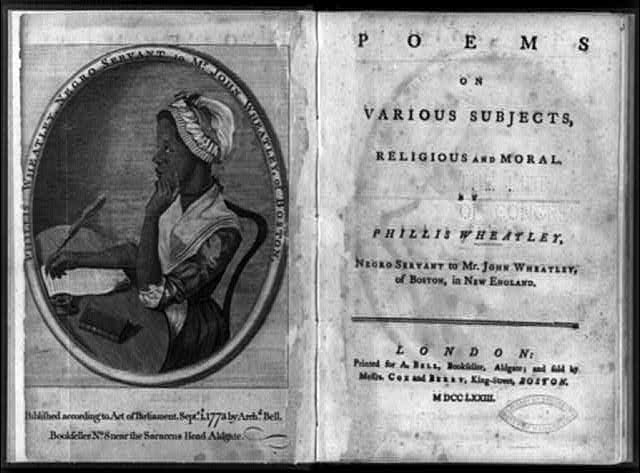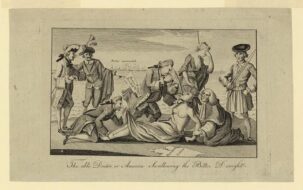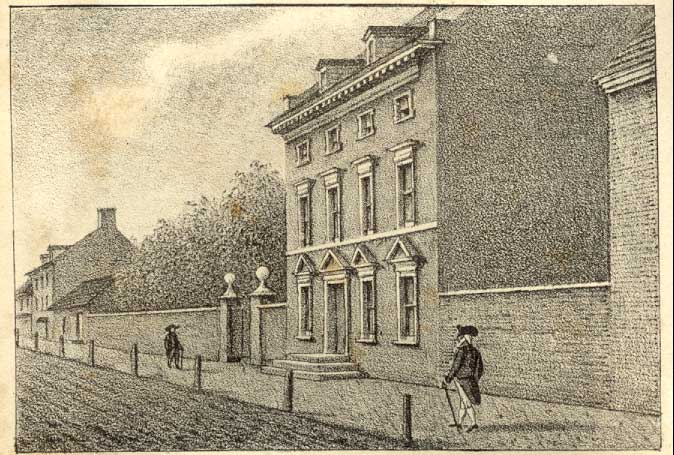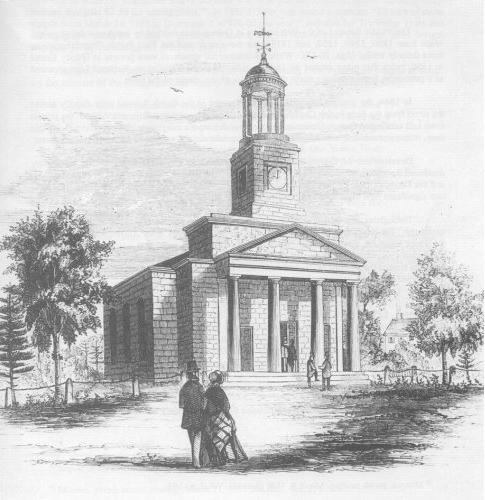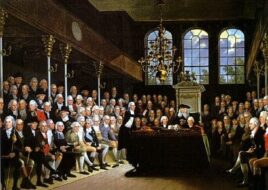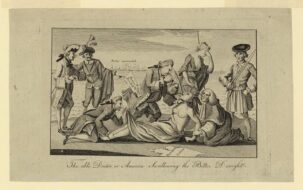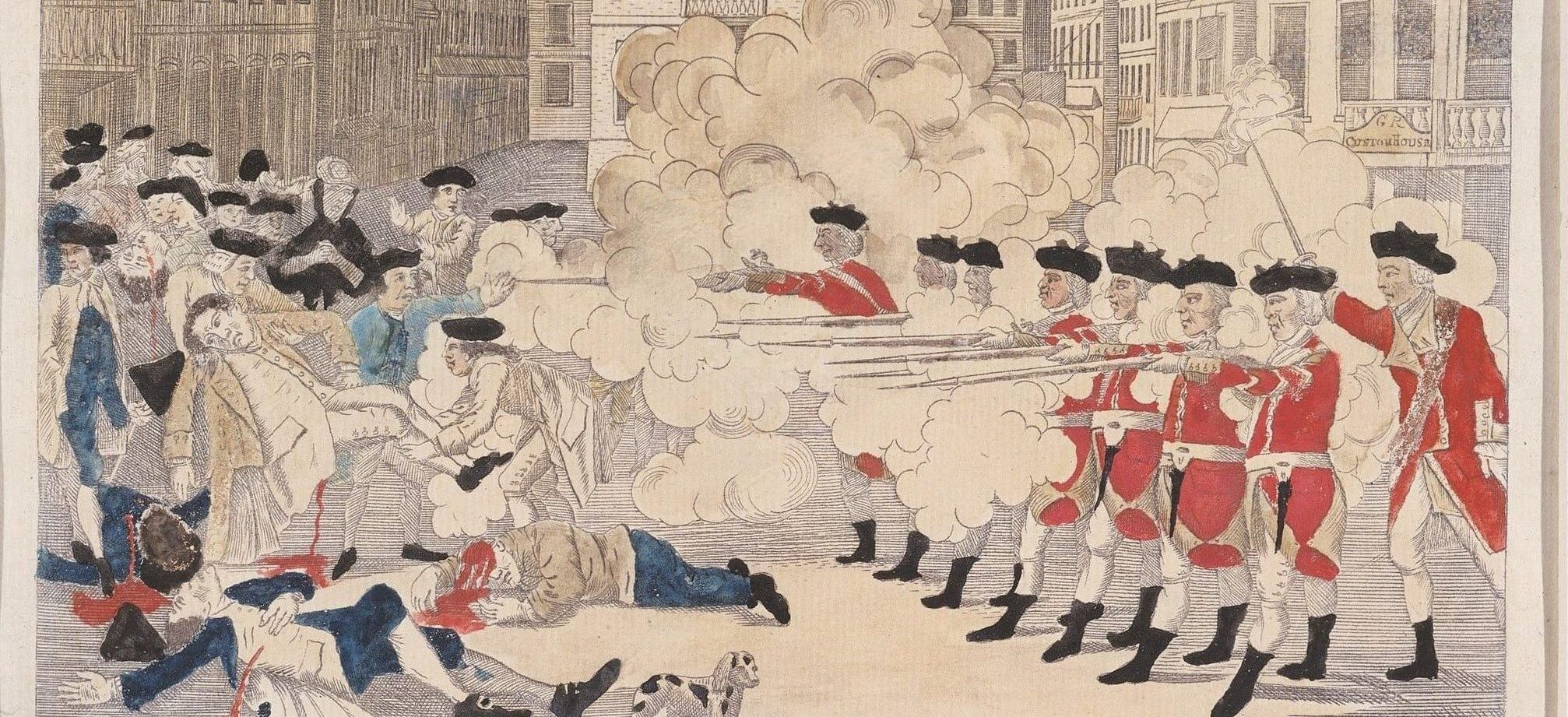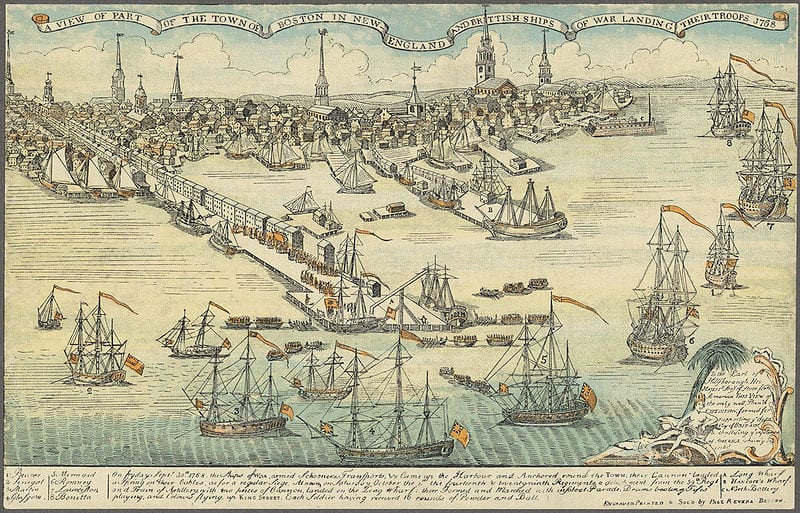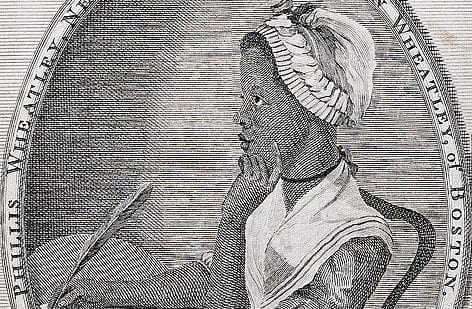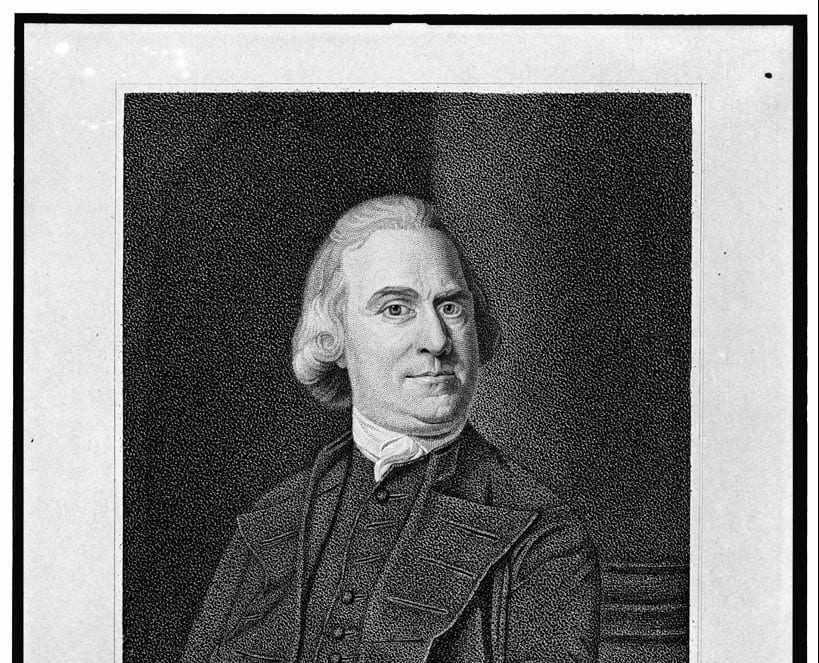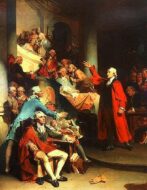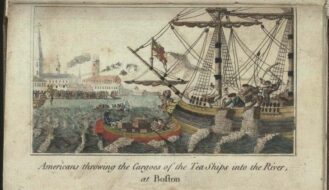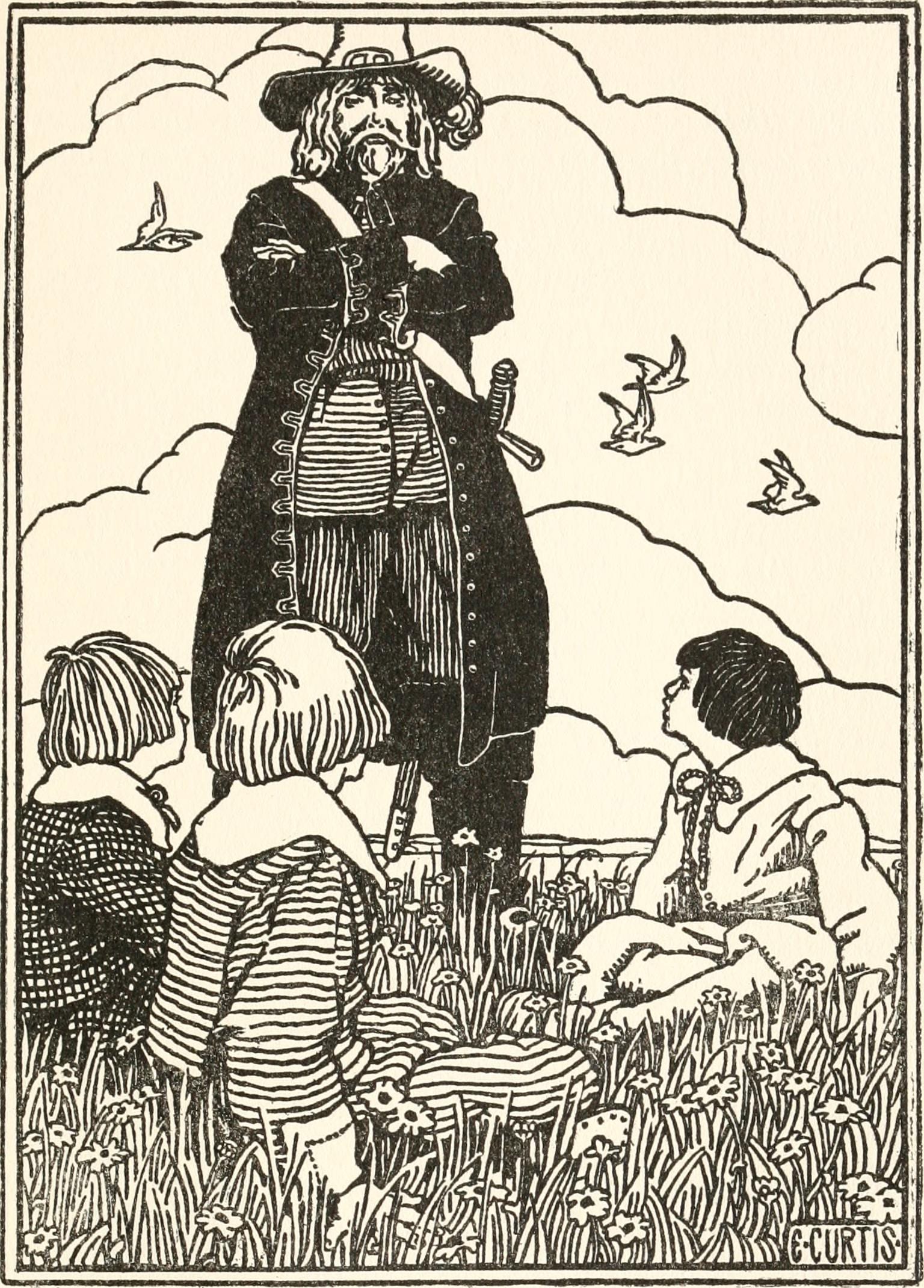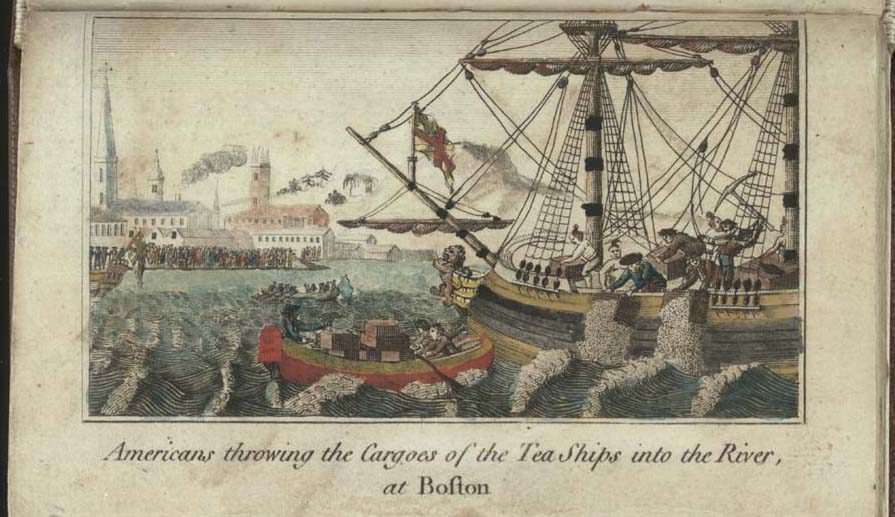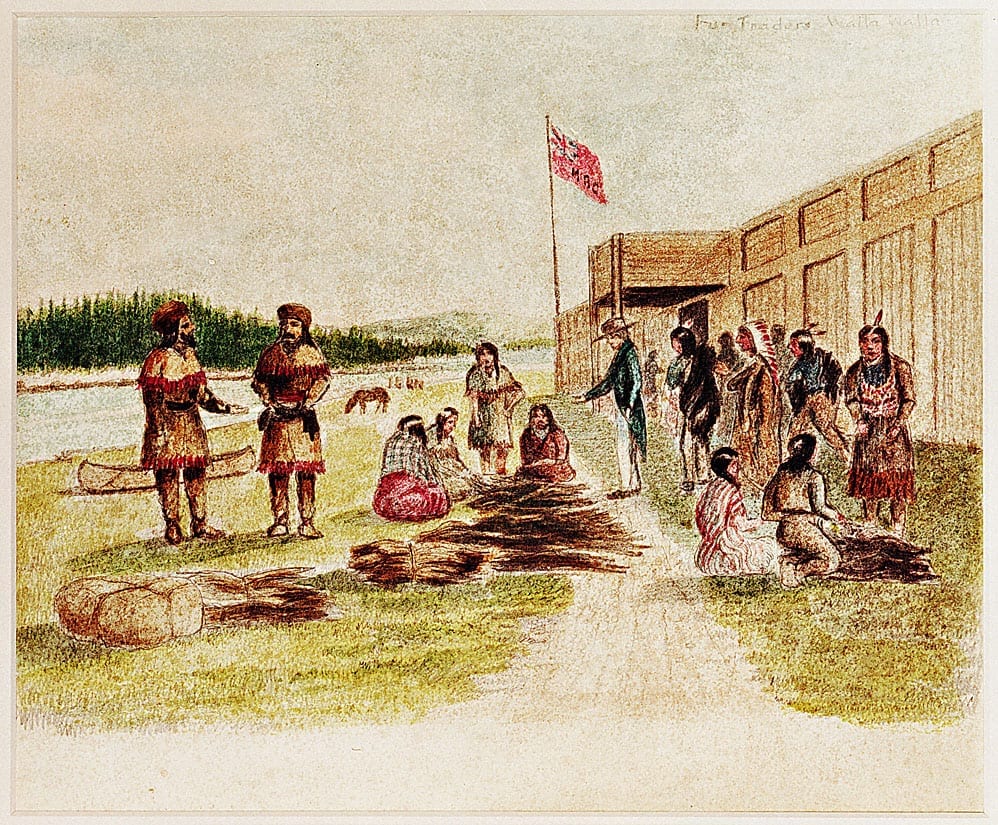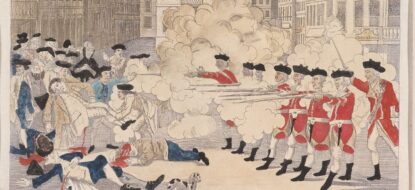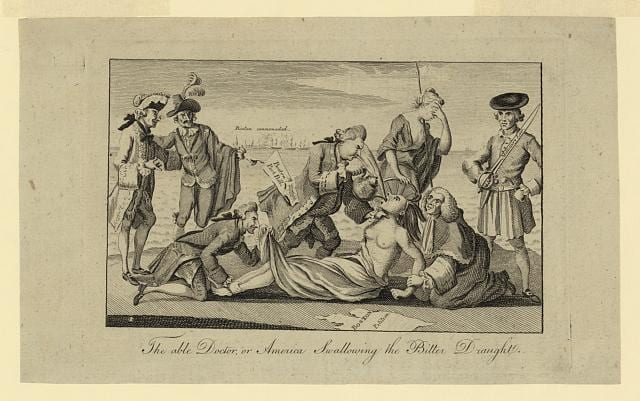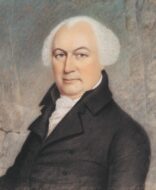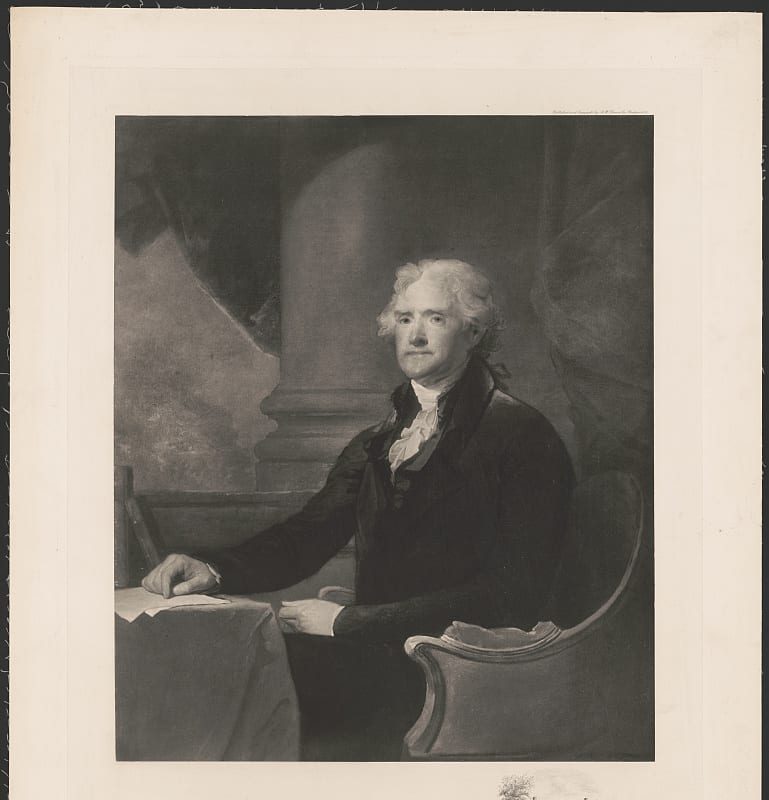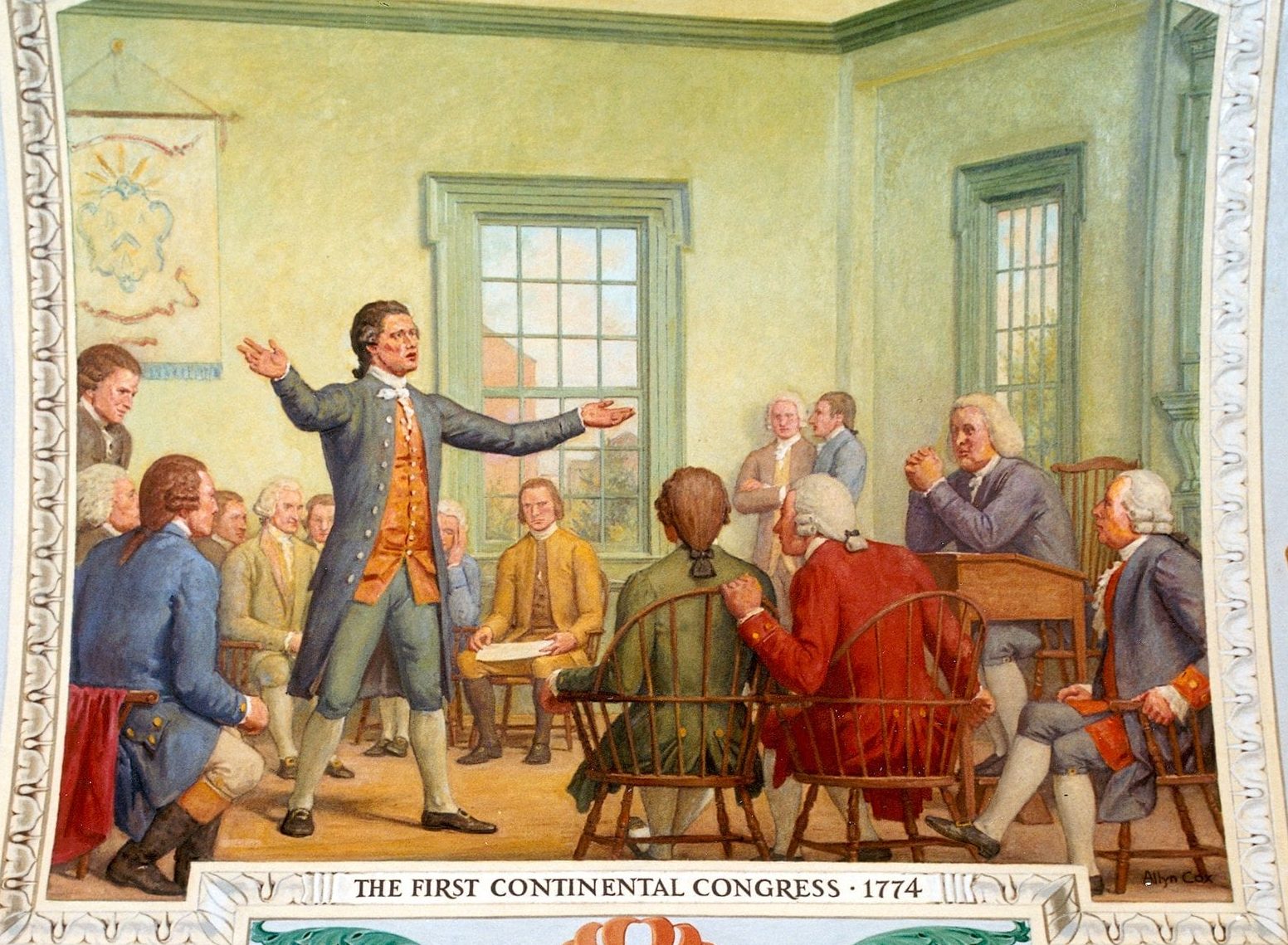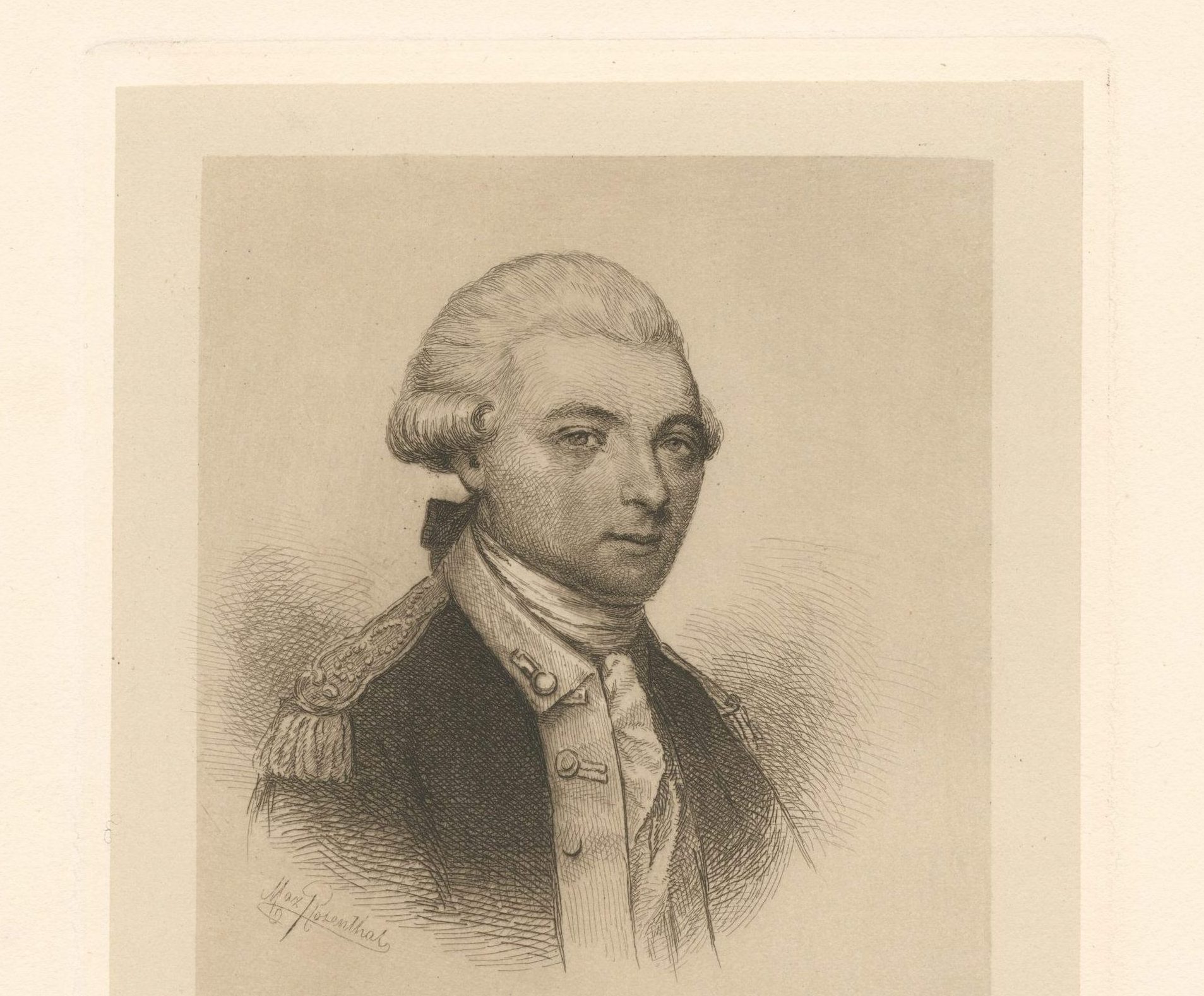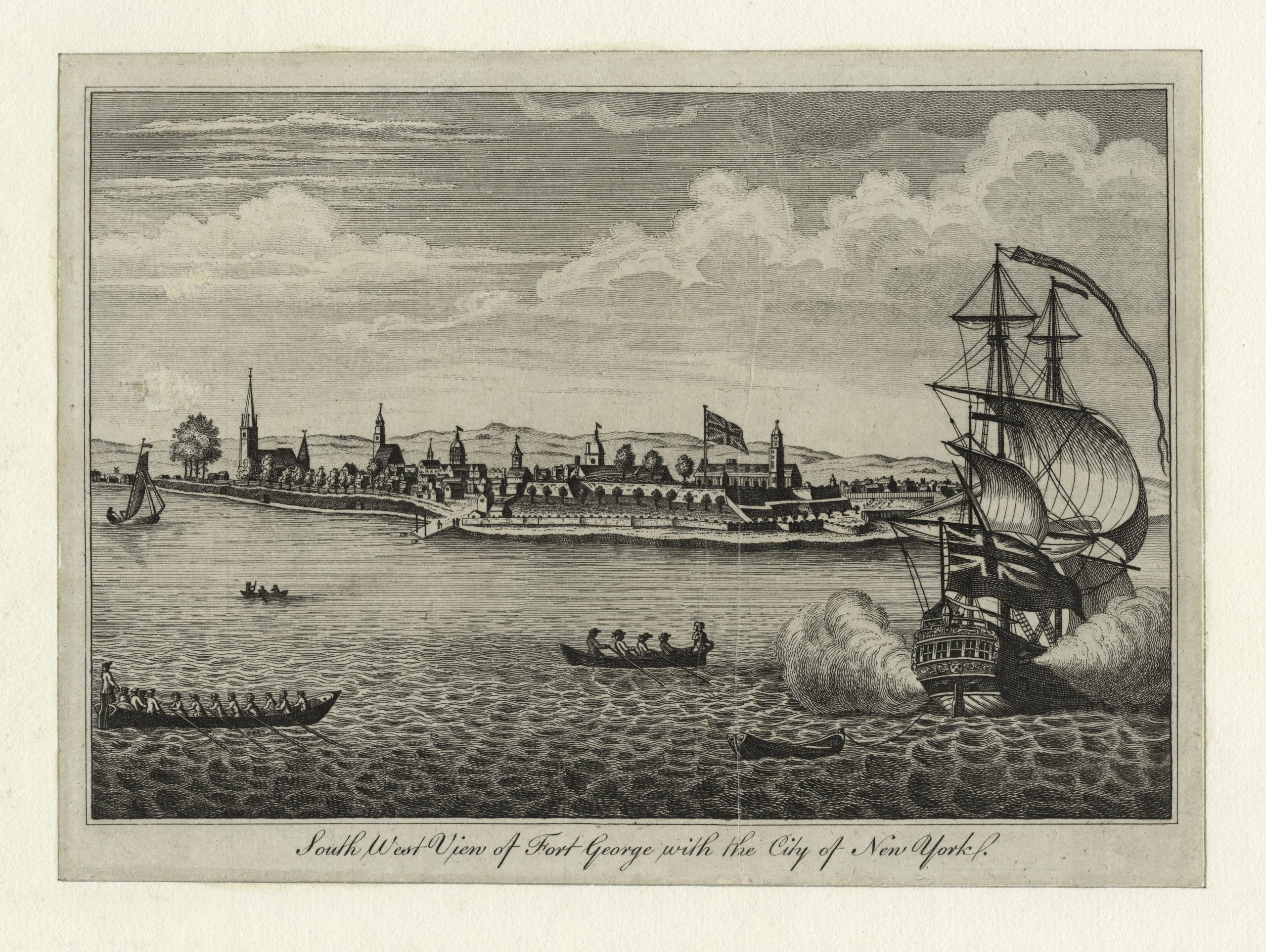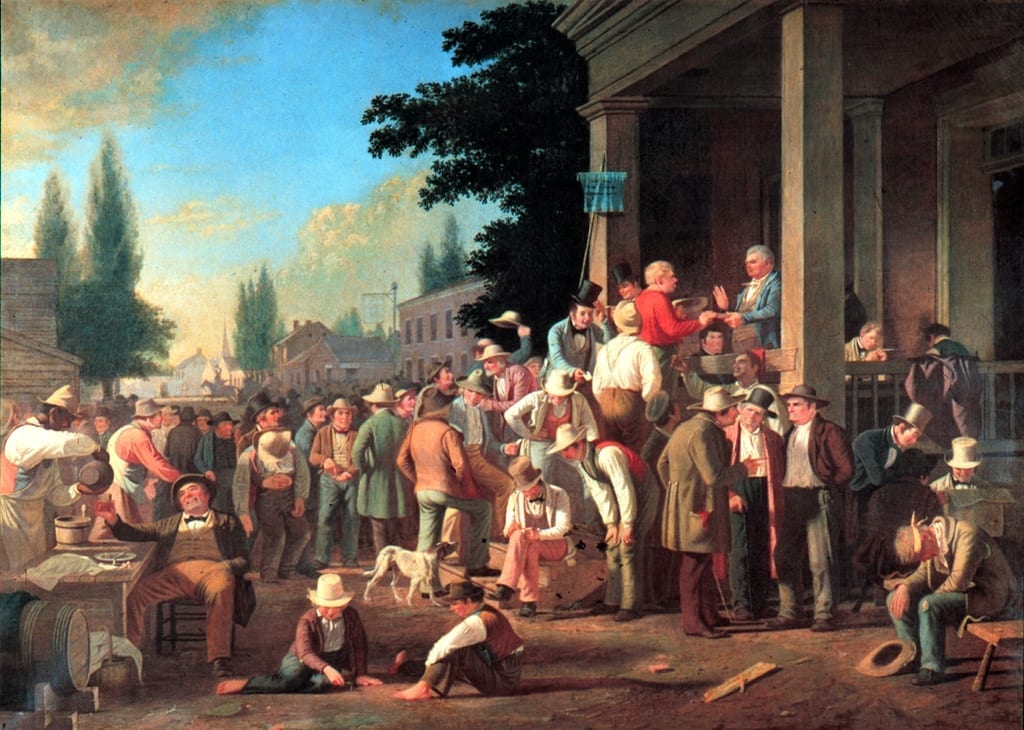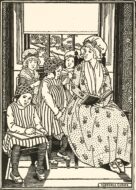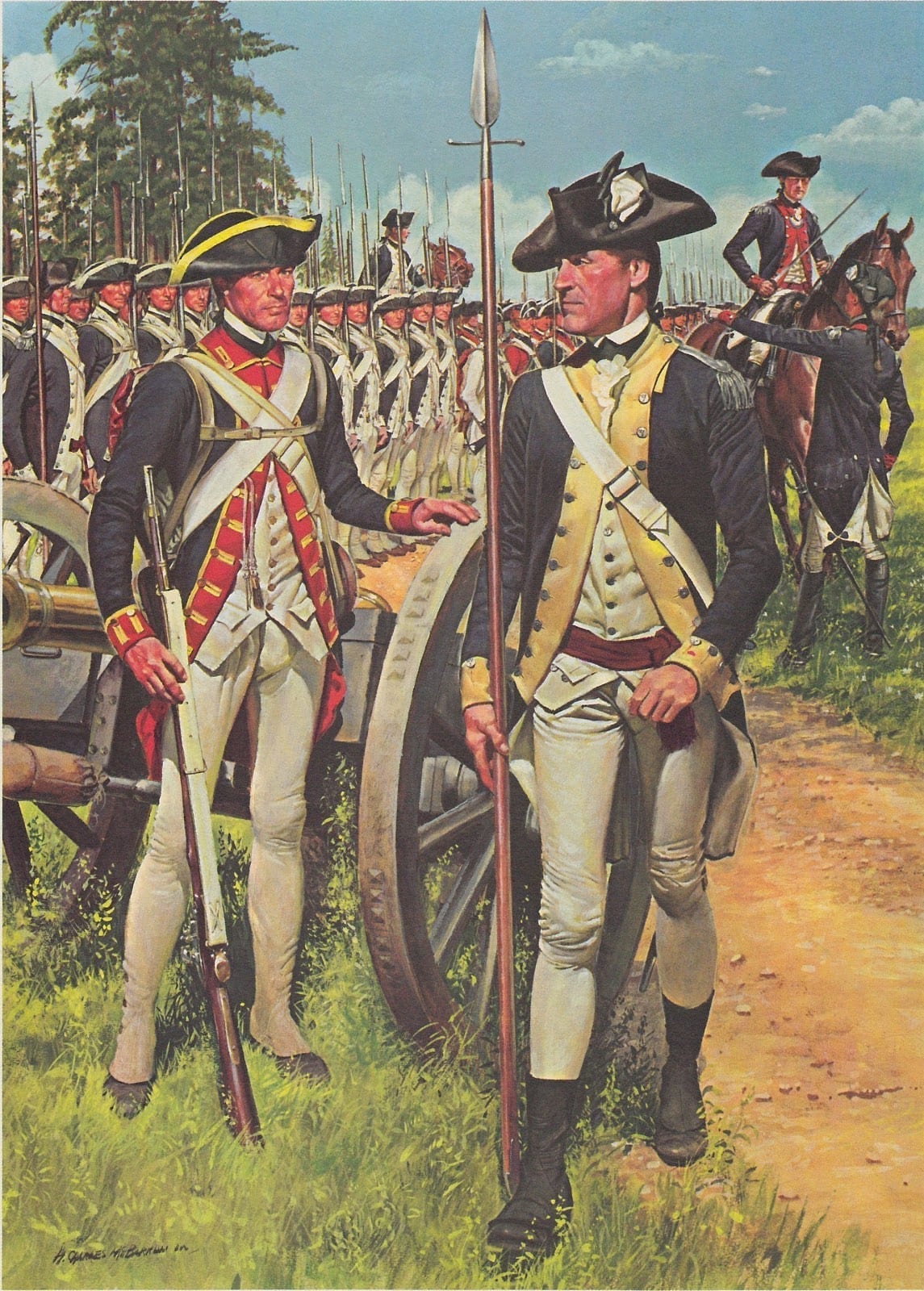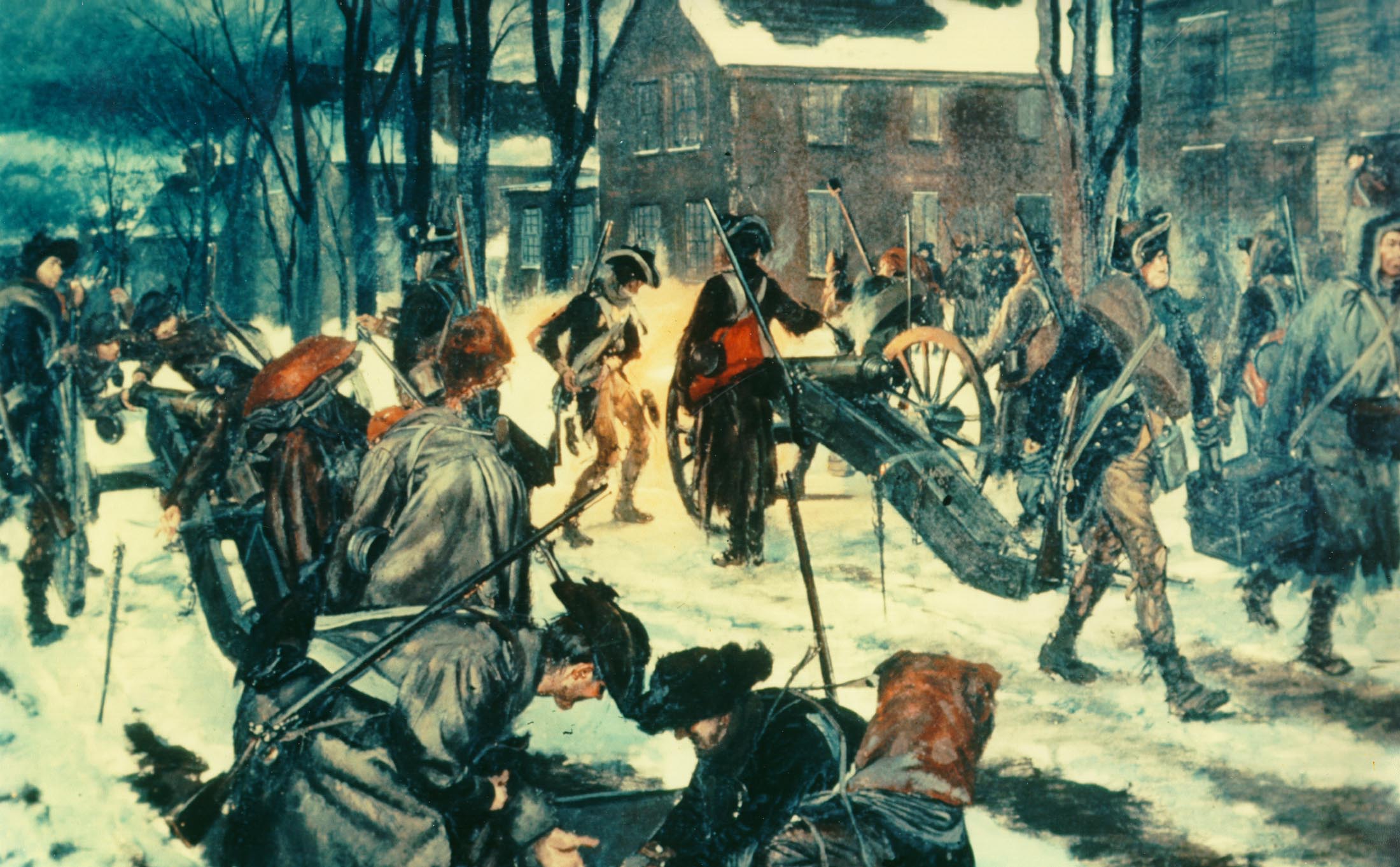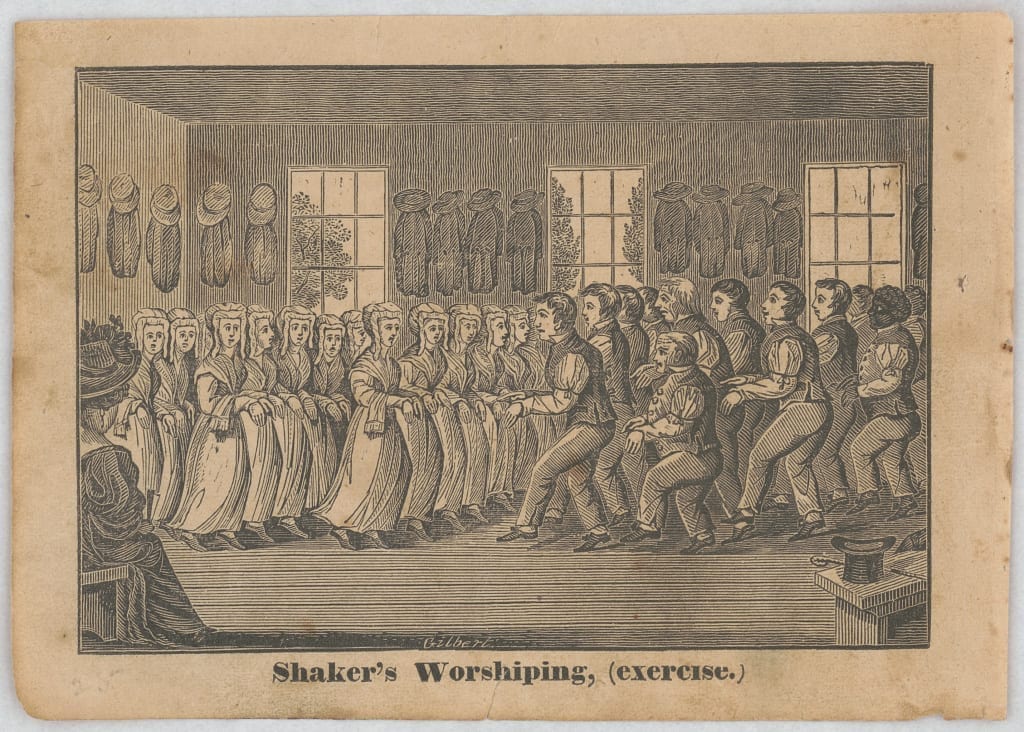Introduction
While John Dickinson’s Letters from a Farmer in Pennsylvania helped establish the principles around which colonists united against the 1767 Townshend Acts, the widespread use of economic sanctions to punish the British united Americans in action. To protest Parliament’s imposition of taxes on lead, glass, paint, paper, and tea, by 1769 nearly every colony had agreed to boycott British goods. The general success of the movement for nonimportation, which reduced British exports to the colonies by one-third, resulted partly because its implementation occurred on the local level. Agreements could be tailored to the specific circumstances of the individuals pledging to abstain from commerce with Great Britain—and to treat with “the utmost contempt” (as subscribers to this South Carolina nonimportation agreement promised) any neighbors who failed to comply.
—Robert M.S. McDonald
Source: Charles McLean Andrews, “Boston Merchants and the Non-Importation Agreement,” Publications of the Colonial Society of Massachusetts 19 (1916–17): 217–19. https://archive.org/details/cu31924030152437/page/n65
We, his majesty’s dutiful and loving subjects, the inhabitants of South Carolina, being sensibly affected with the great prejudice done to Great Britain, and the abject and wretched condition to which the British colonies are reduced by several acts of Parliament lately passed; by some of which the monies that the colonists usually and cheerfully spent in the purchase of all sorts of goods imported from Great Britain, are now, to their great grievance, wrung from them, without their consent, or even their being represented, and applied by the ministry, in prejudice of, and without regard to, the real interest of Great Britain, or the manufactures thereof, almost totally, to the support of new[ly] created commissioners of customs, placemen, parasitical and novel ministerial officers; and by others of which acts, we are not only deprived of those invaluable rights, trial by our peers and the common law, but are also made subject to the arbitrary and oppressive proceedings of the civil law, justly abhorred and rejected by our ancestors, the free men of England; and finding, that the most dutiful and loyal petitions from the colonies alone, for redress of those grievances, have been rejected with contempt, so that no relief can be expected from that method of proceedings; and, being fully convinced of the absolute necessity, of stimulating our fellow subjects and sufferers in Great Britain to aid us, in this, our distress, and of joining the rest of the colonies, in some other loyal and vigorous methods, that may most probably procure such relief, which we believe may be most effectually promoted by strict economy, and by encouraging the manufactures of America in general, and of this province in particular. We, therefore, whose names are underwritten, do solemnly promise, and agree to and with each other, that, until the colonies be restored to their former freedom, by the repeal of the said acts, we will most strictly abide by the following
RESOLUTIONS
- That we will encourage and promote the use of North American manufactures in general, and those of this province in particular. And any of us, who are vendors thereof, do engage to sell and dispose of them, at the same rates as heretofore.
- That we will, upon no pretense whatsoever, either upon our own account or on commission, import into this province any of the manufactures of Great Britain, or any other European or East India goods, either from Great Britain, Holland, or any other place, other than such as may have been shipped in consequence of former orders; excepting only Negro cloth, commonly called white and colored plains, not exceeding one shilling and six pence sterling per yard, canvas, bolting cloths, drugs and family medicines, plantation and workmen’s tools, nails, firearms, bar steel, gunpowder, shot, lead, flints, wire cards and card wire, mill and grindstones, fish hooks, printed books and pamphlets, salt, coals, and saltpeter. And exclusive of these articles, we do solemnly promise and declare, that we will immediately countermand all orders to our correspondents in Great Britain, for shipping any such goods, wares, and merchandise. And we will sell and dispose of the goods we have on hand, or that may arrive in consequence of former orders at the same rates as heretofore.
- That we will use the utmost economy, in our persons, houses, and furniture; particularly, that we will give no mourning, or gloves, or scarves at funerals.
- That, from and after the 1st. day of January, 1770, we will not import, buy, or sell any Negroes that shall be brought into this province from Africa; nor, after the 1st. day of October next, any Negroes that shall be imported from the West Indies, or any other place excepting from Africa as aforesaid. And that, if any goods or Negroes shall be sent to us, contrary to our agreement in this subscription, such goods shall be reshipped or stored, and such Negroes reshipped from this province, and not by any means offered for sale therein.
- That we will not purchase from or sell for, any masters of vessels, transient persons, or non-subscribers, any kind of European or East India goods whatever, excepting coals and salt, after the 1st. day of November next:
- That as wines are subject to a heavy duty, we agree, not to import any on our account or commission, or purchase from any master of vessel, transient person, or non-subscriber, after the 1st. day of January next.
- VII. Lastly, That we will not purchase any Negroes imported, or any goods or merchandise whatever, from any resident in this province, that refuses or neglects to sign this agreement, within one month from the date hereof; excepting it shall appear he has been unavoidably prevented from doing the same. And every subscriber who shall not, strictly and literally, adhere to this agreement, according to the true intent and meaning hereof, ought to be treated with the utmost contempt.


